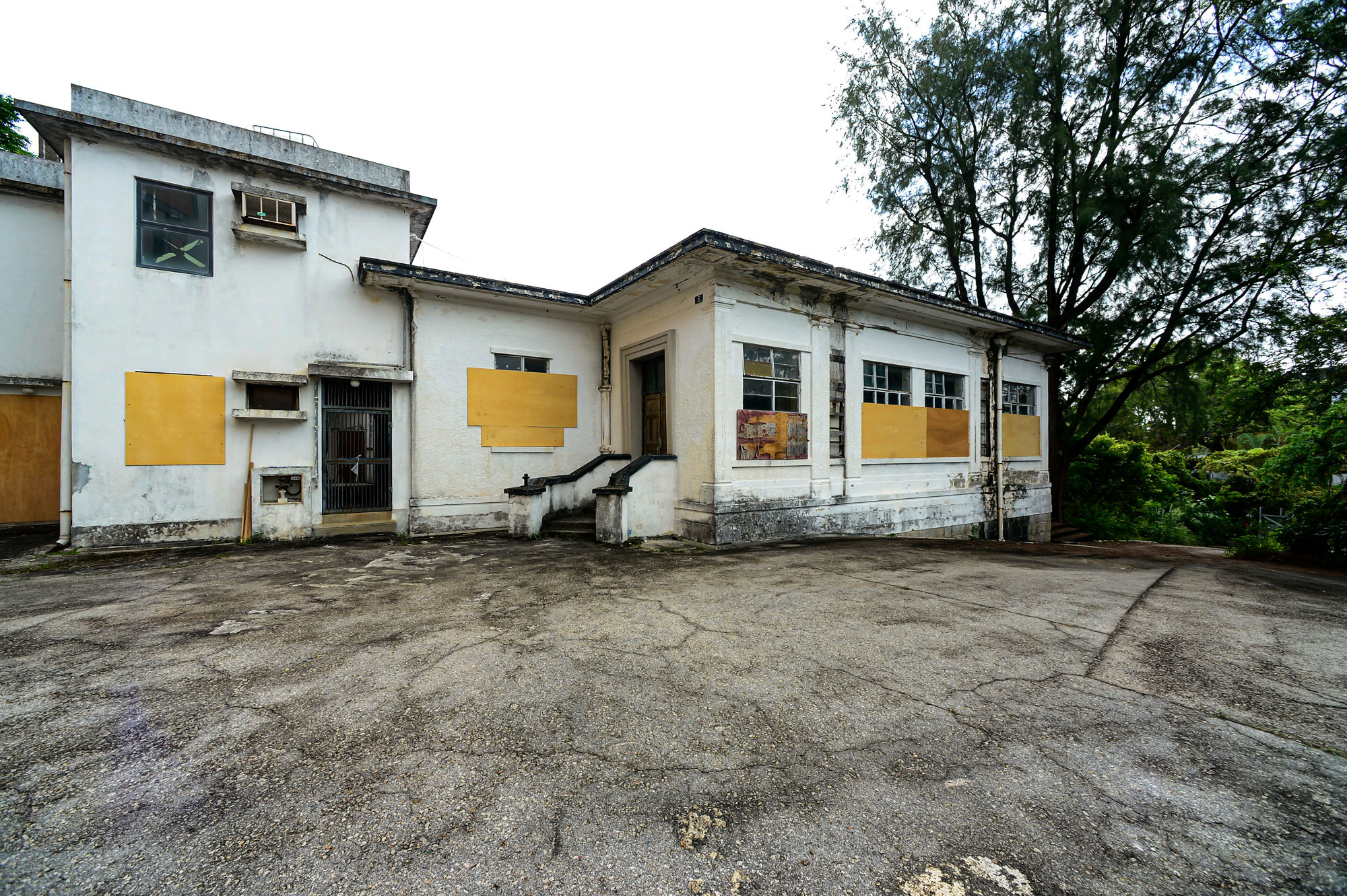
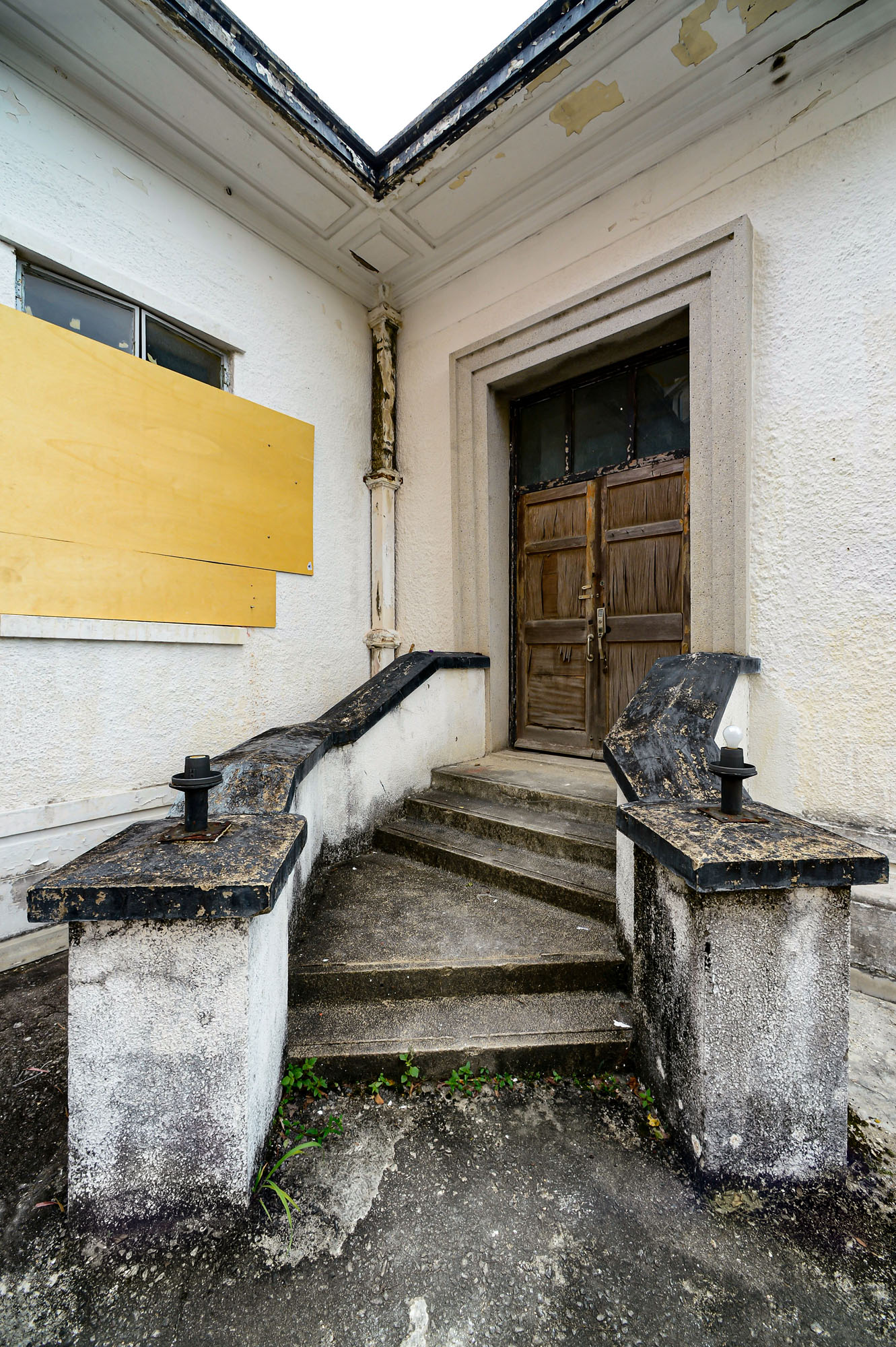
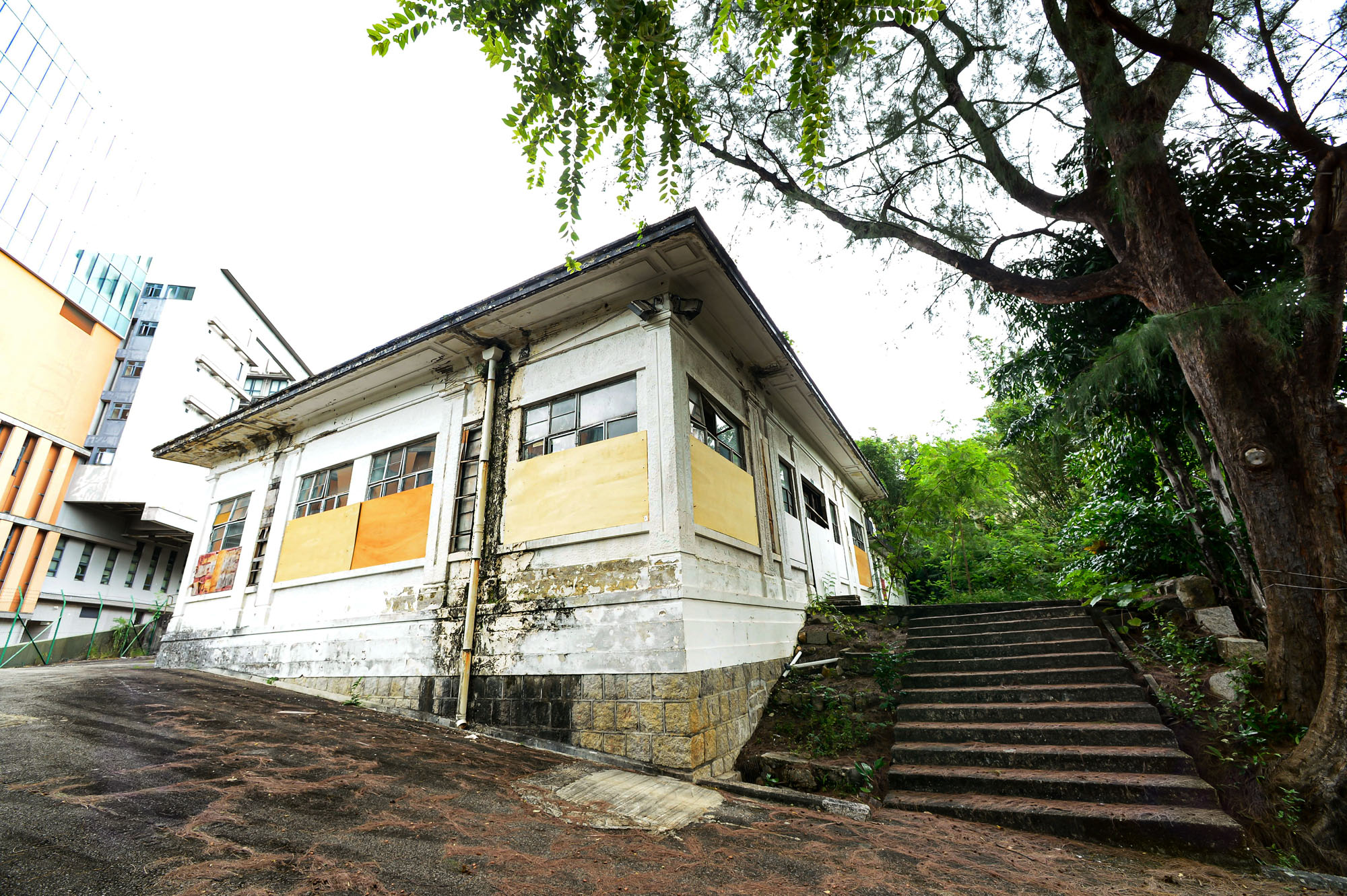
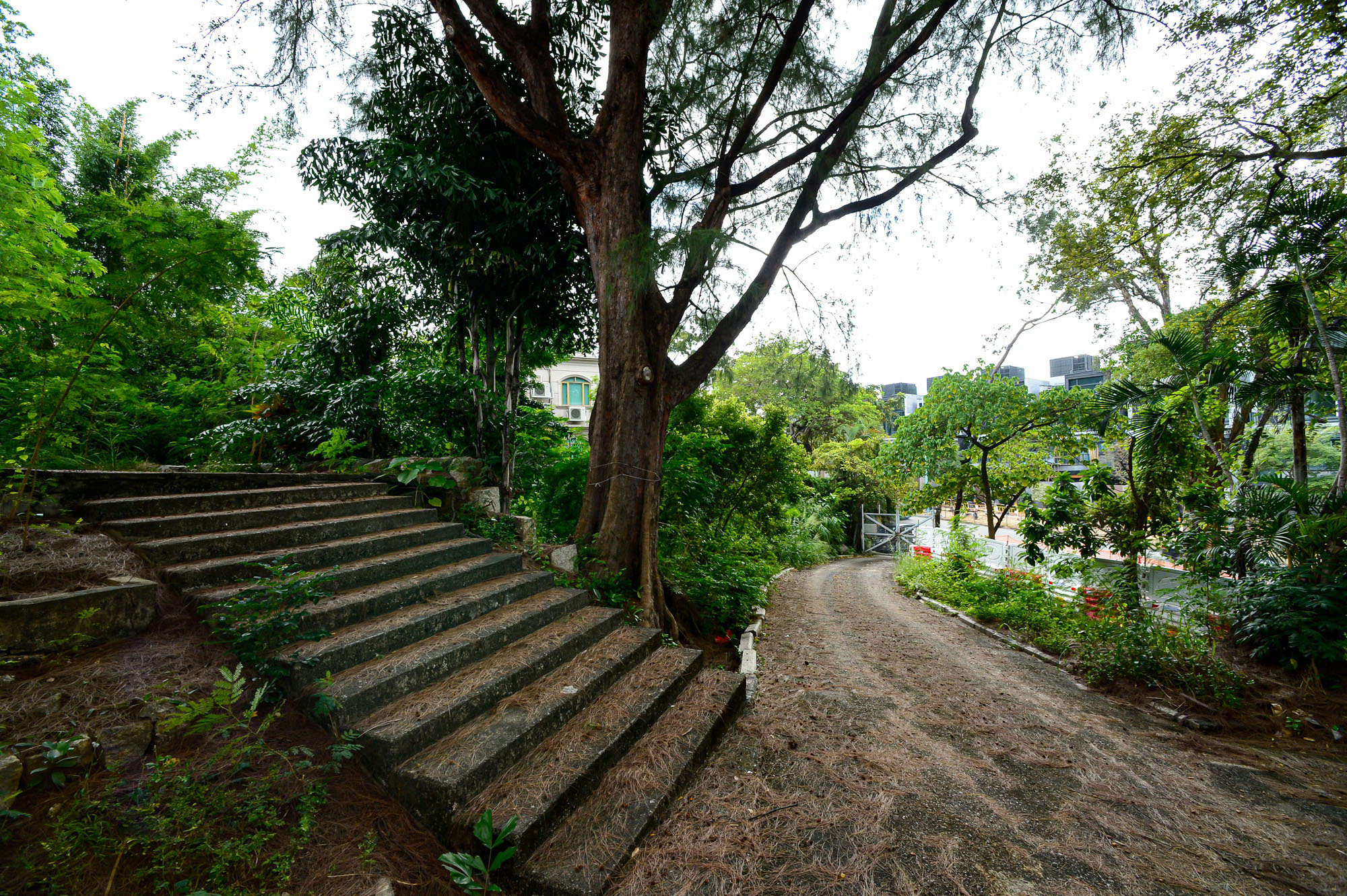
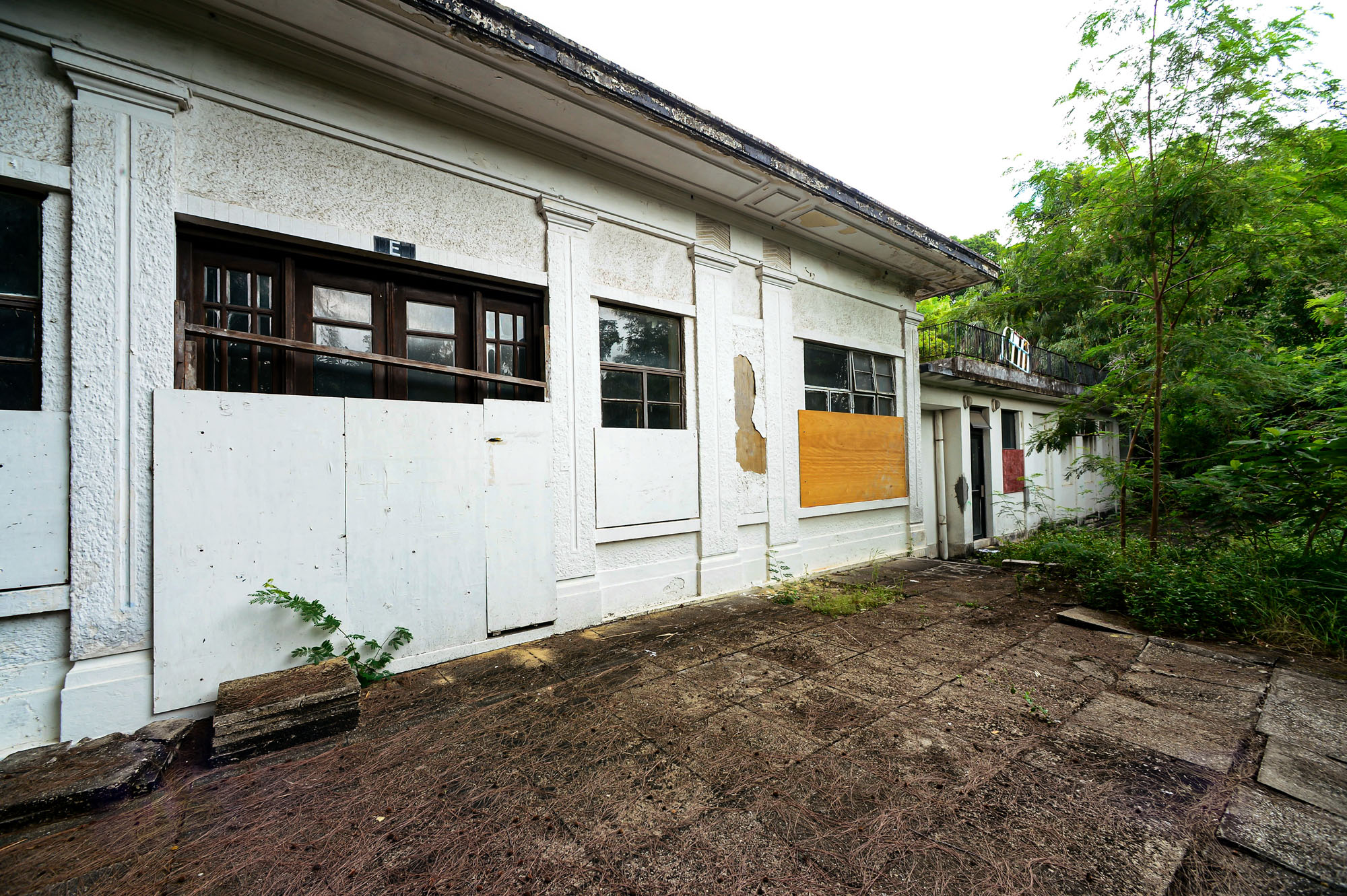
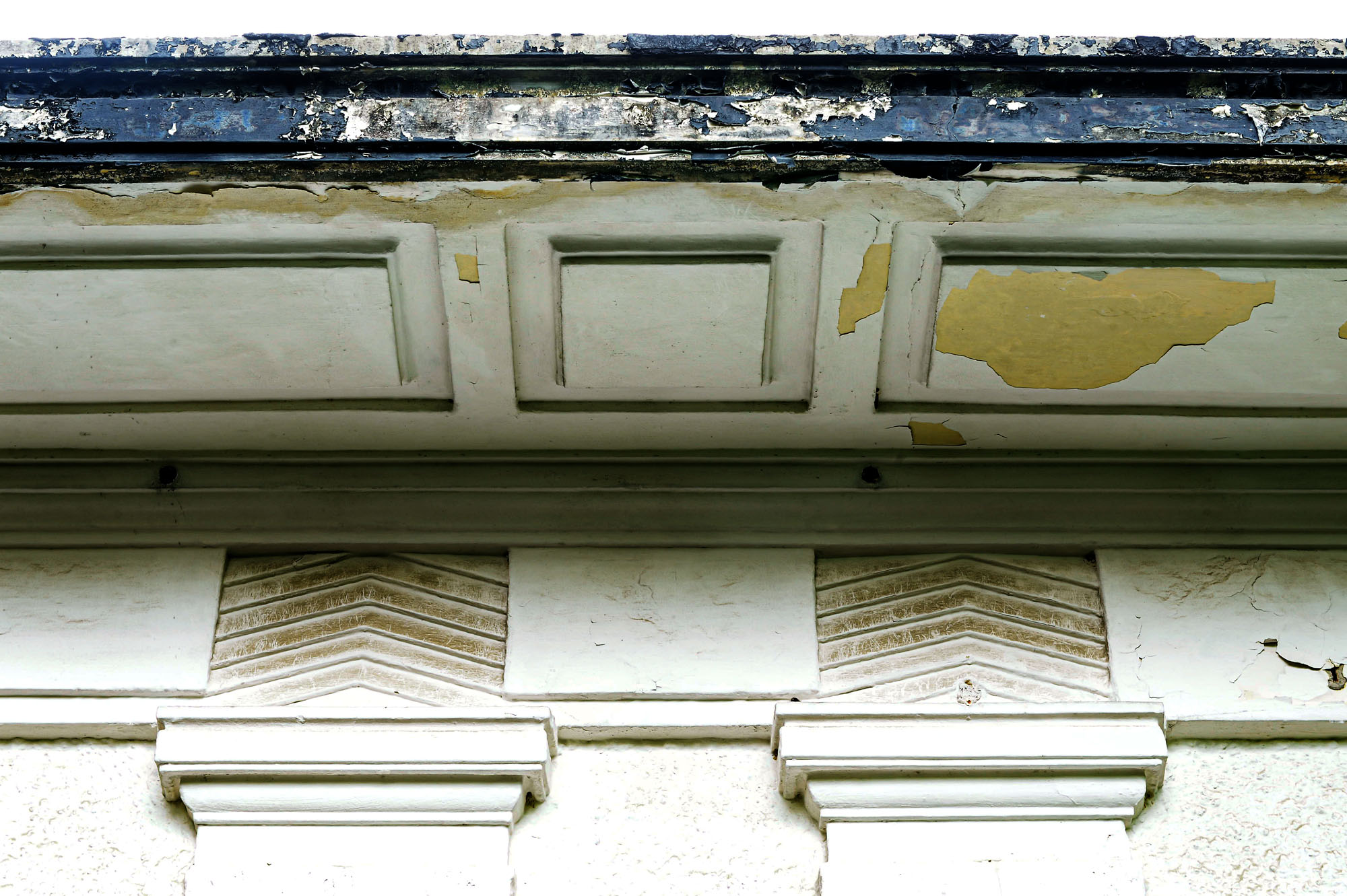
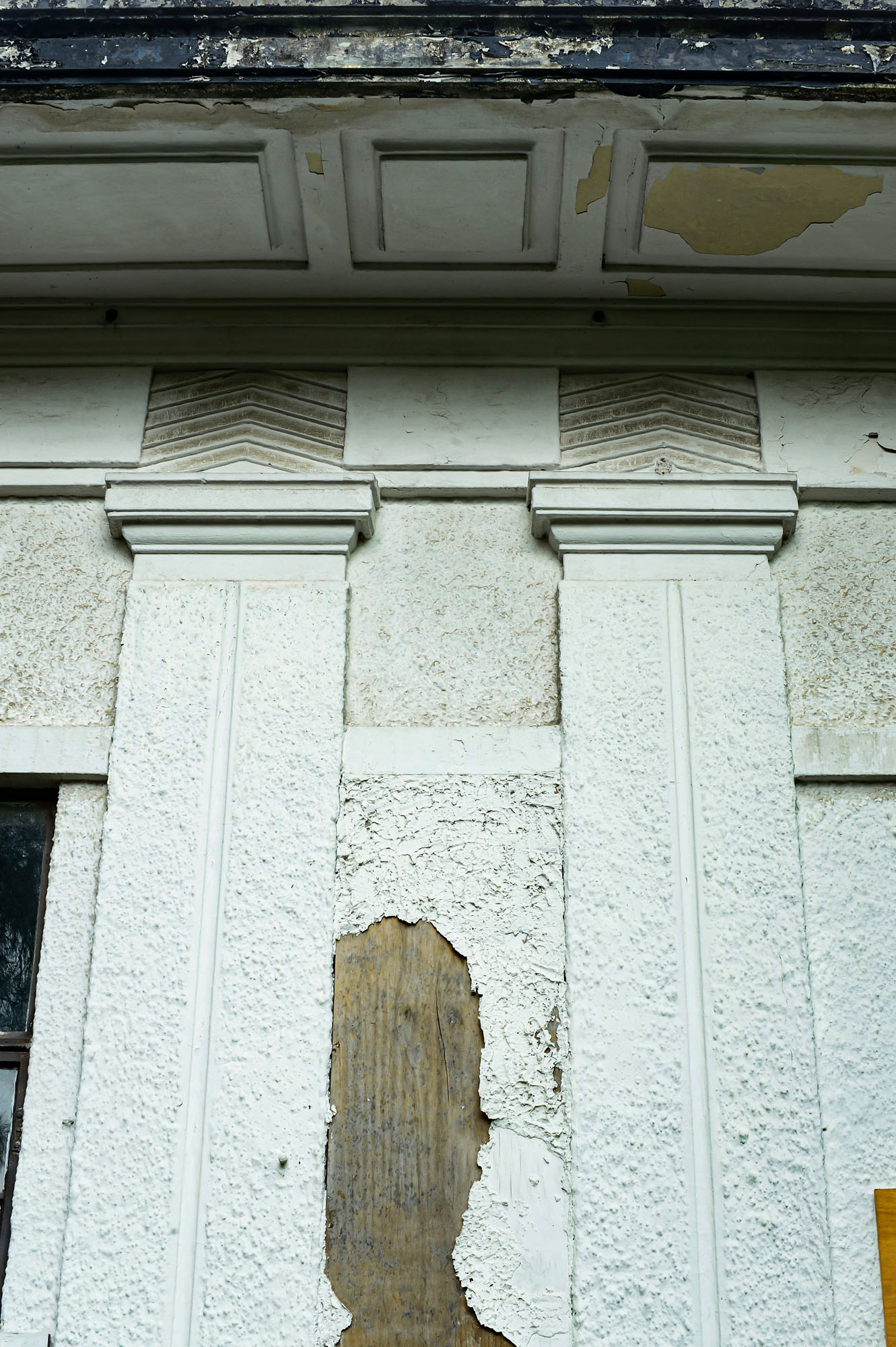
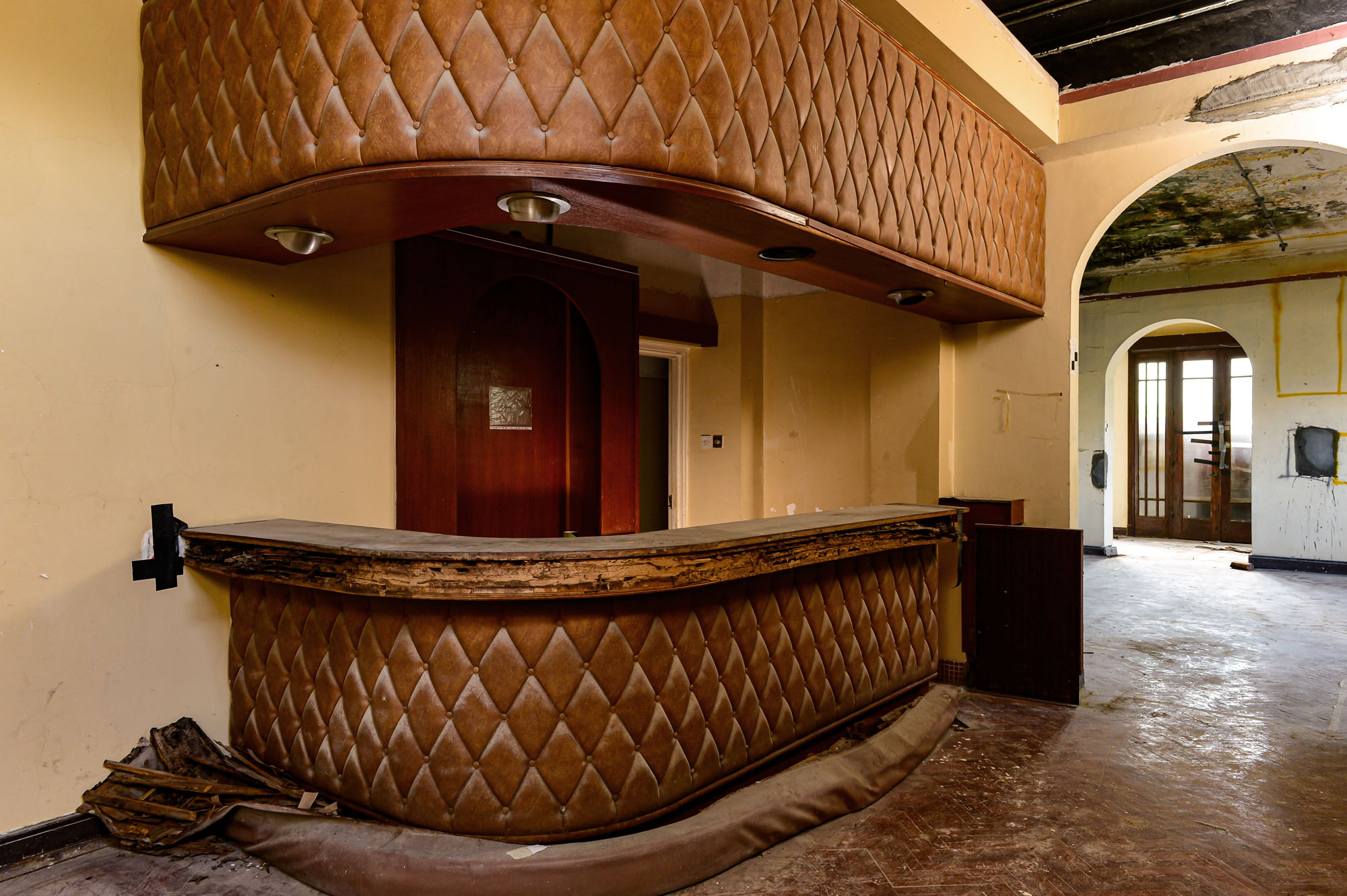
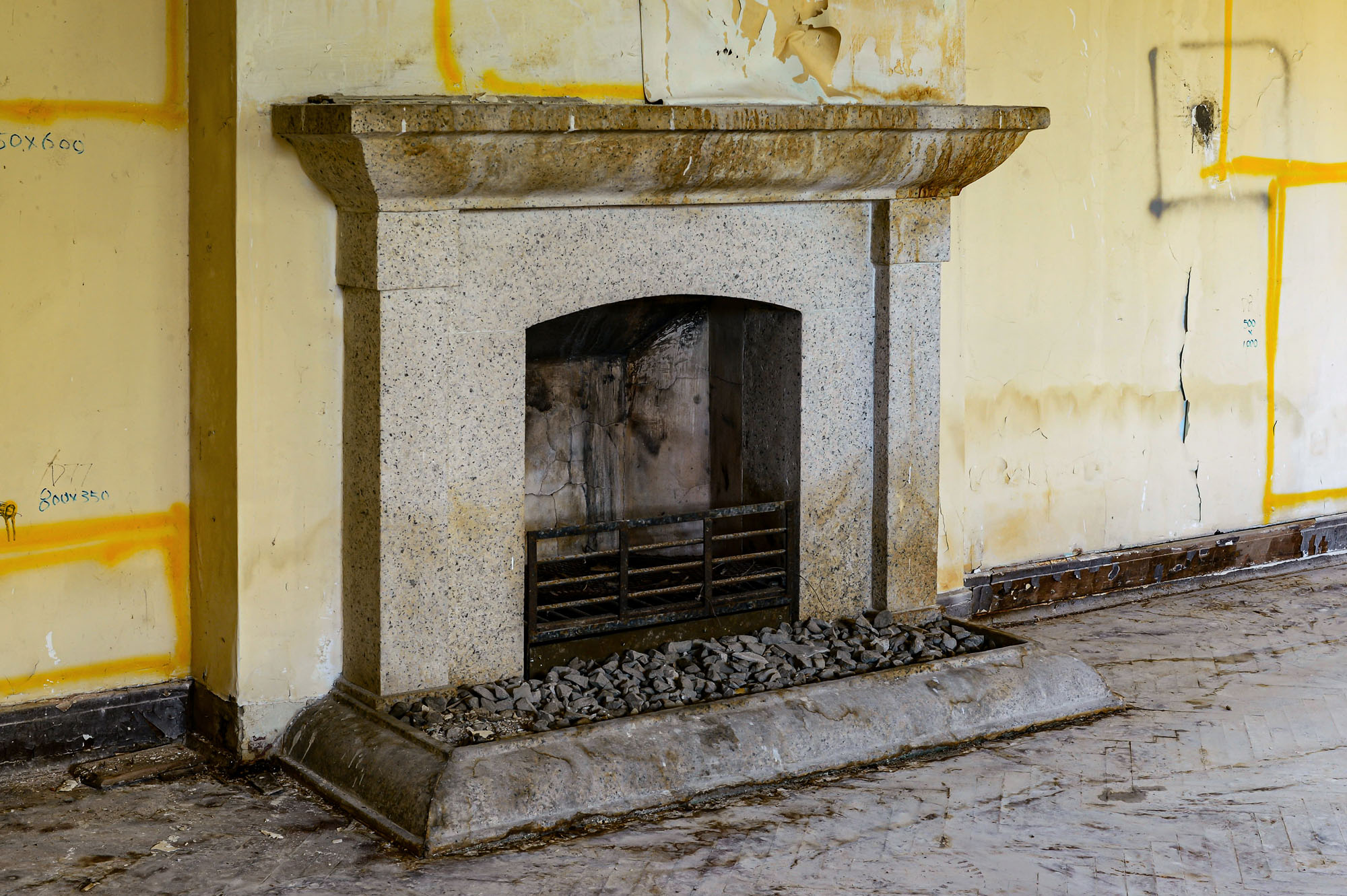
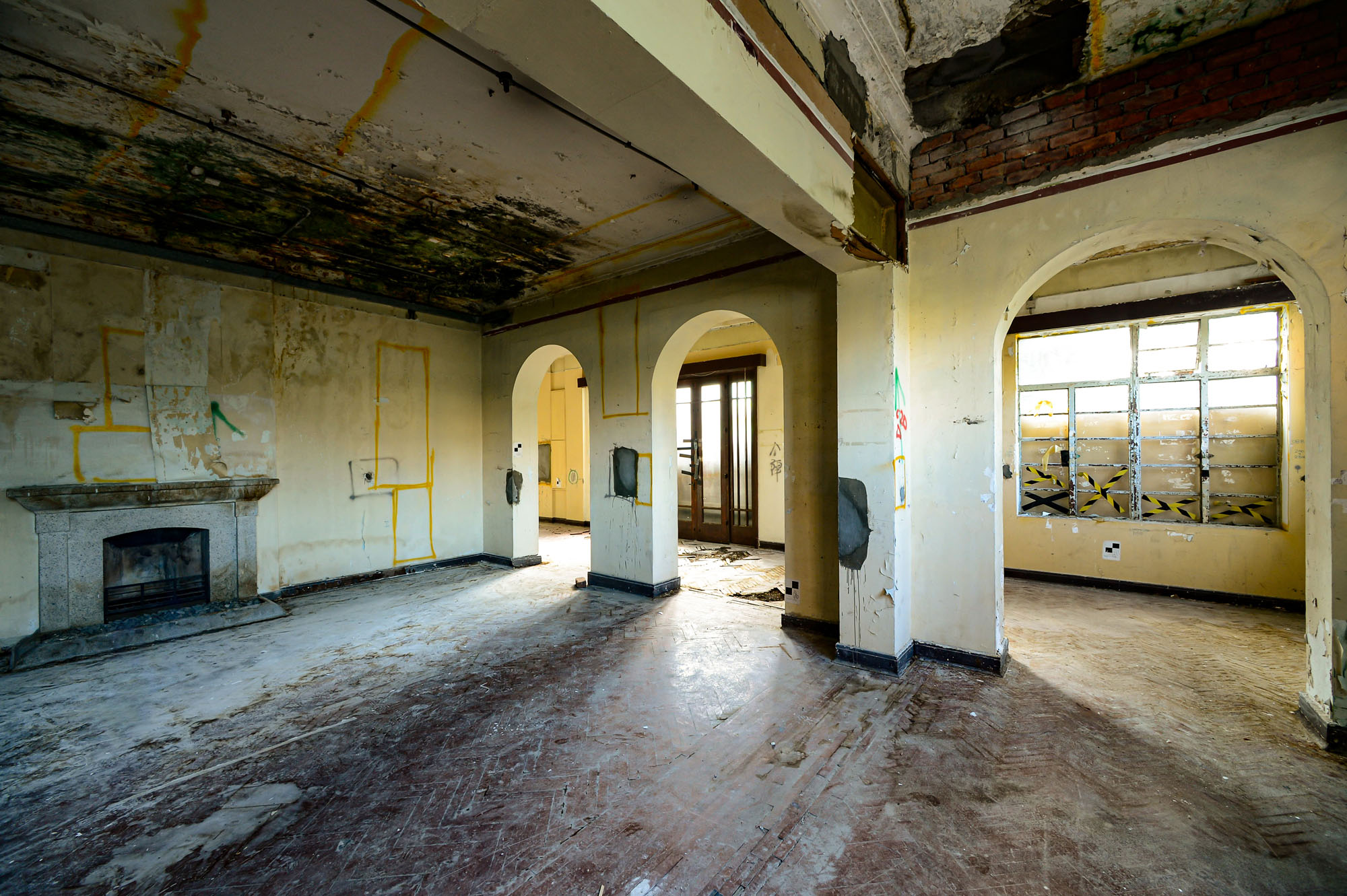
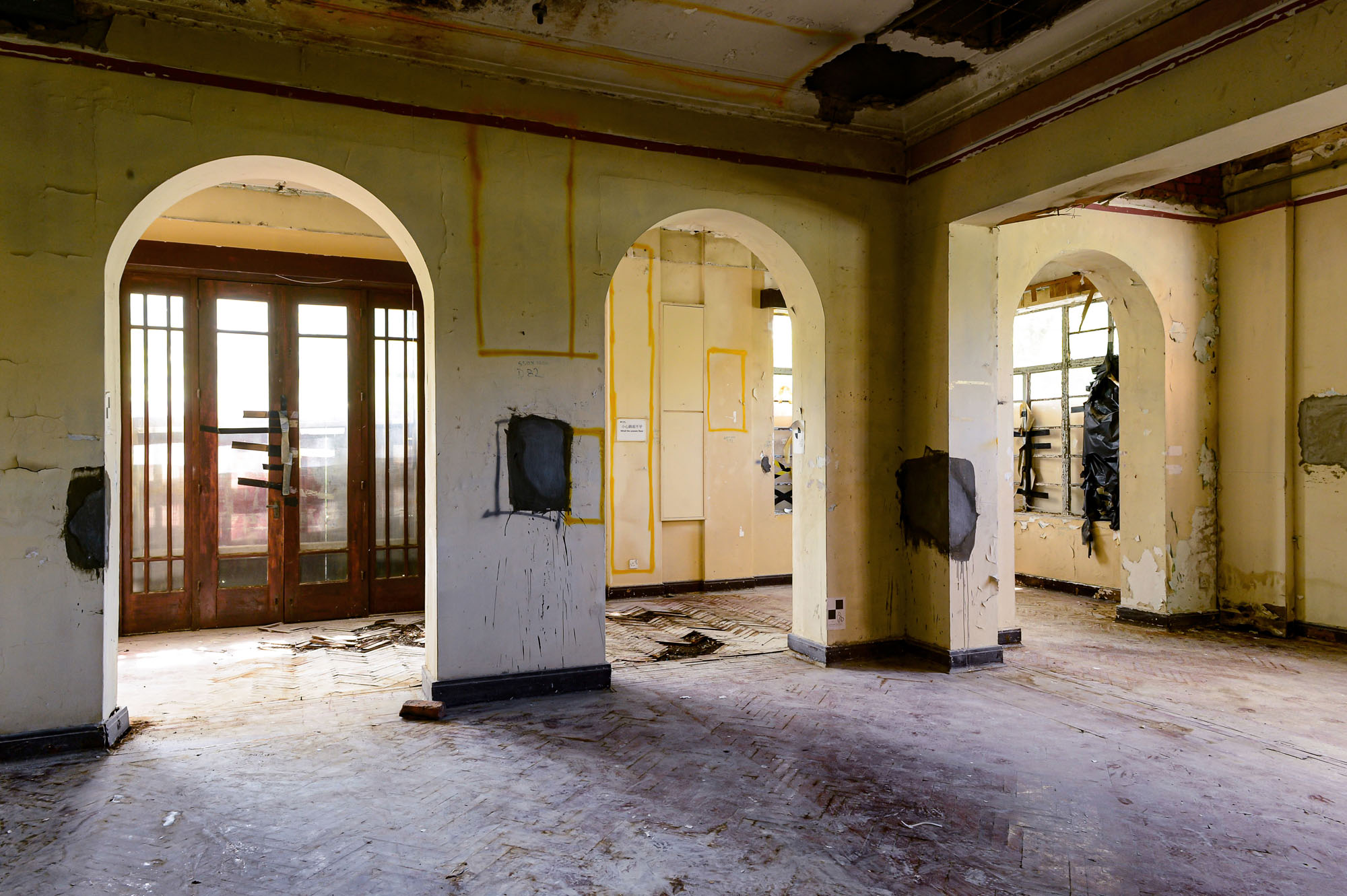
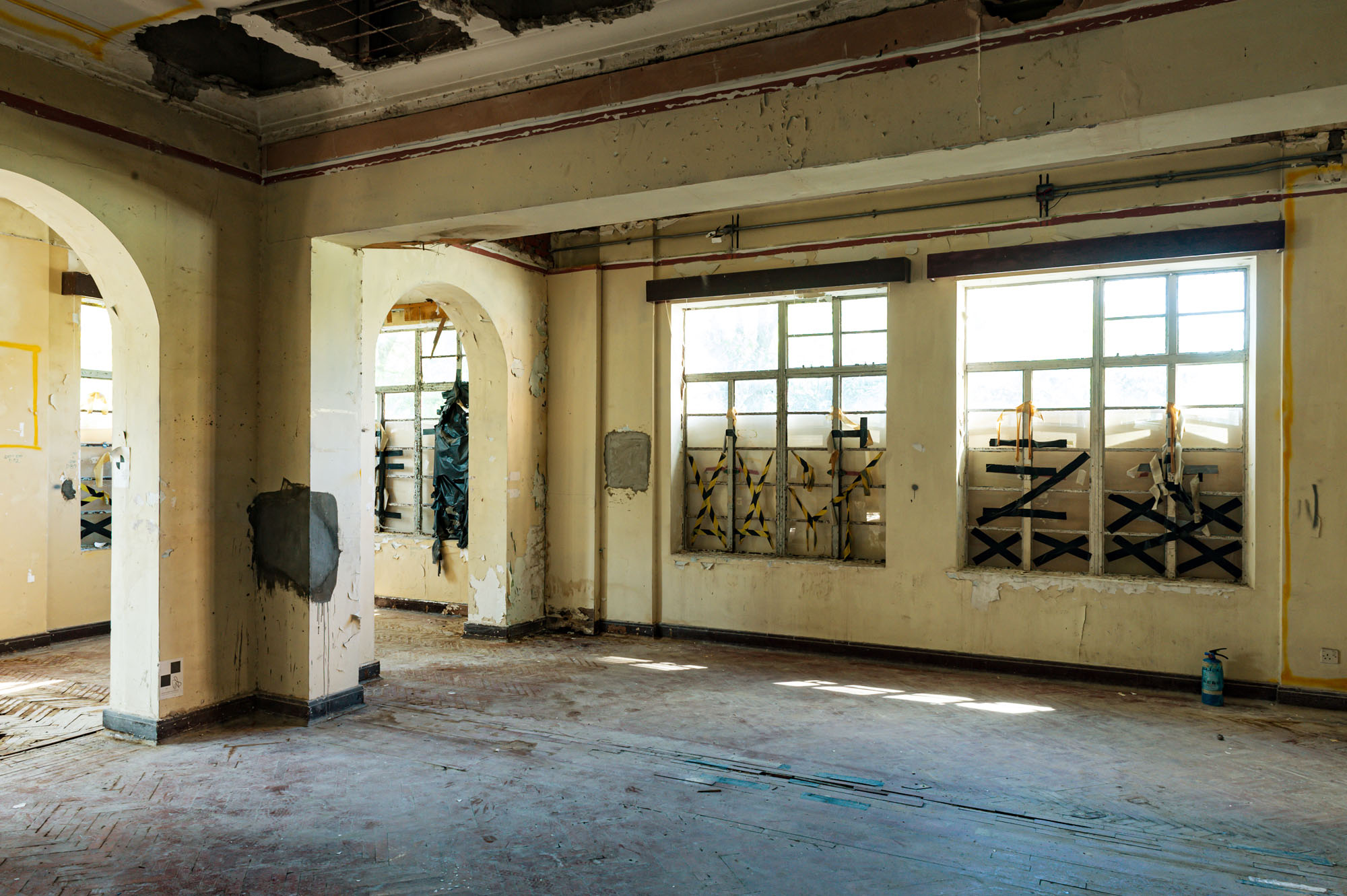
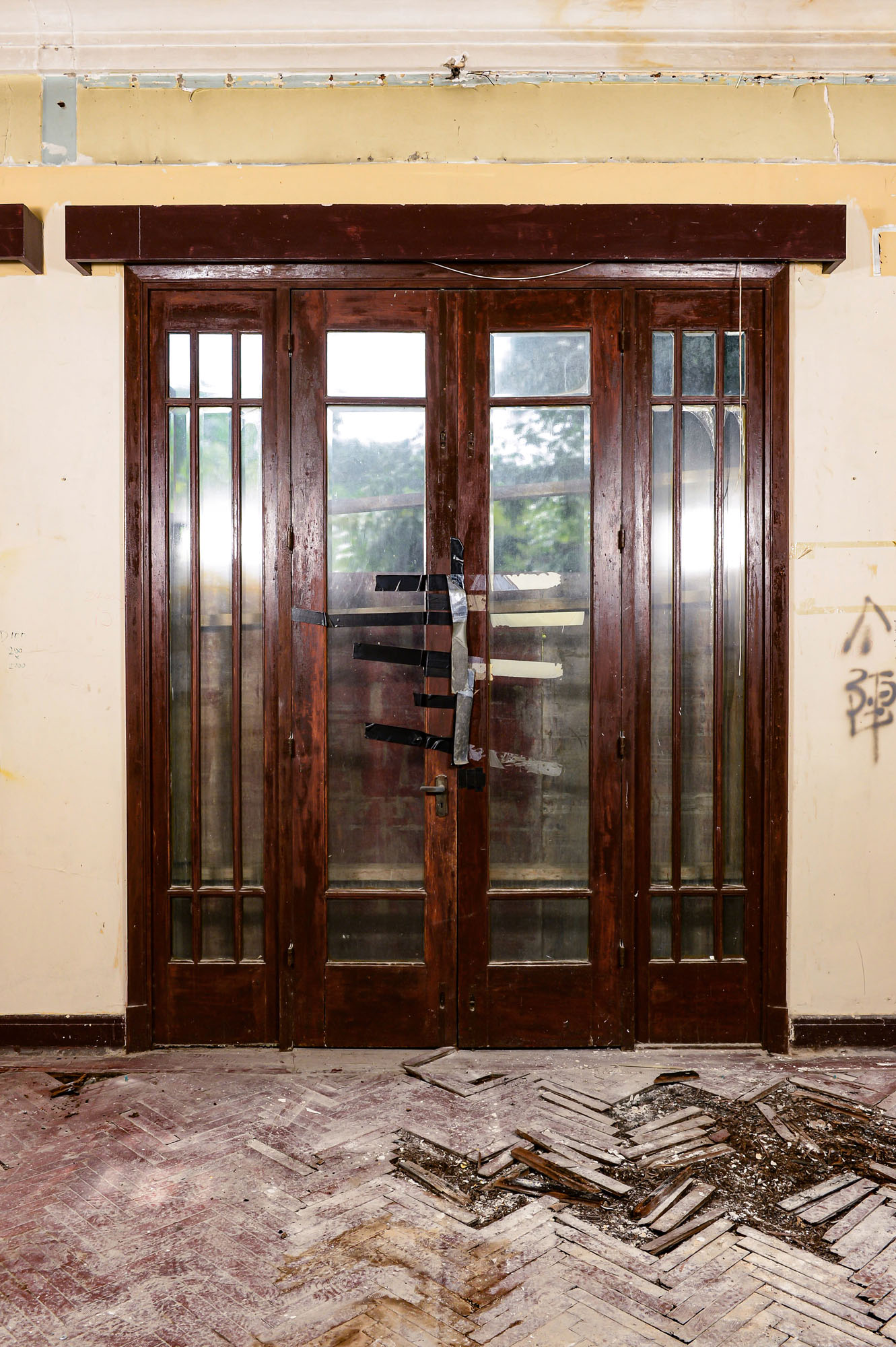
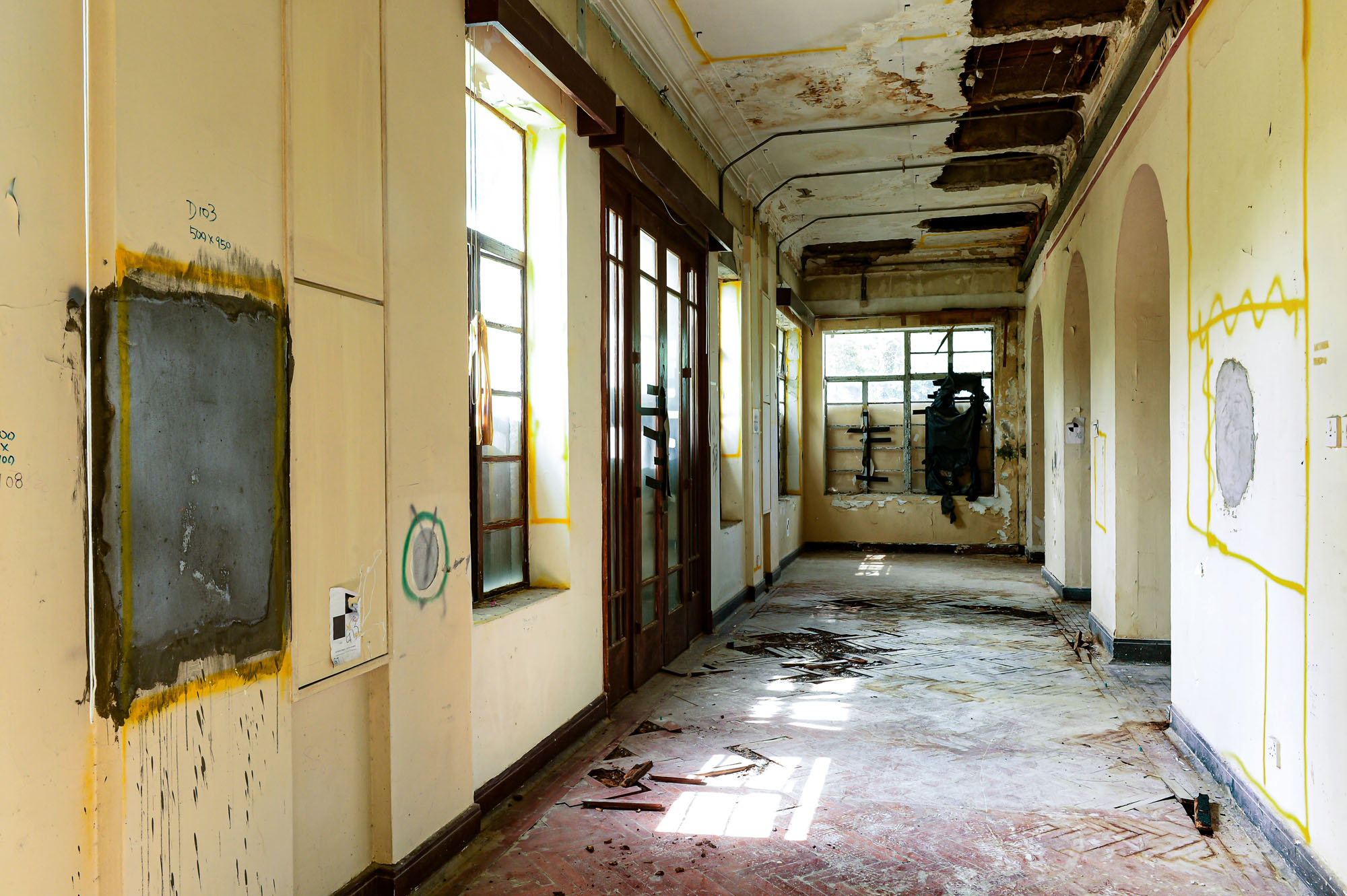
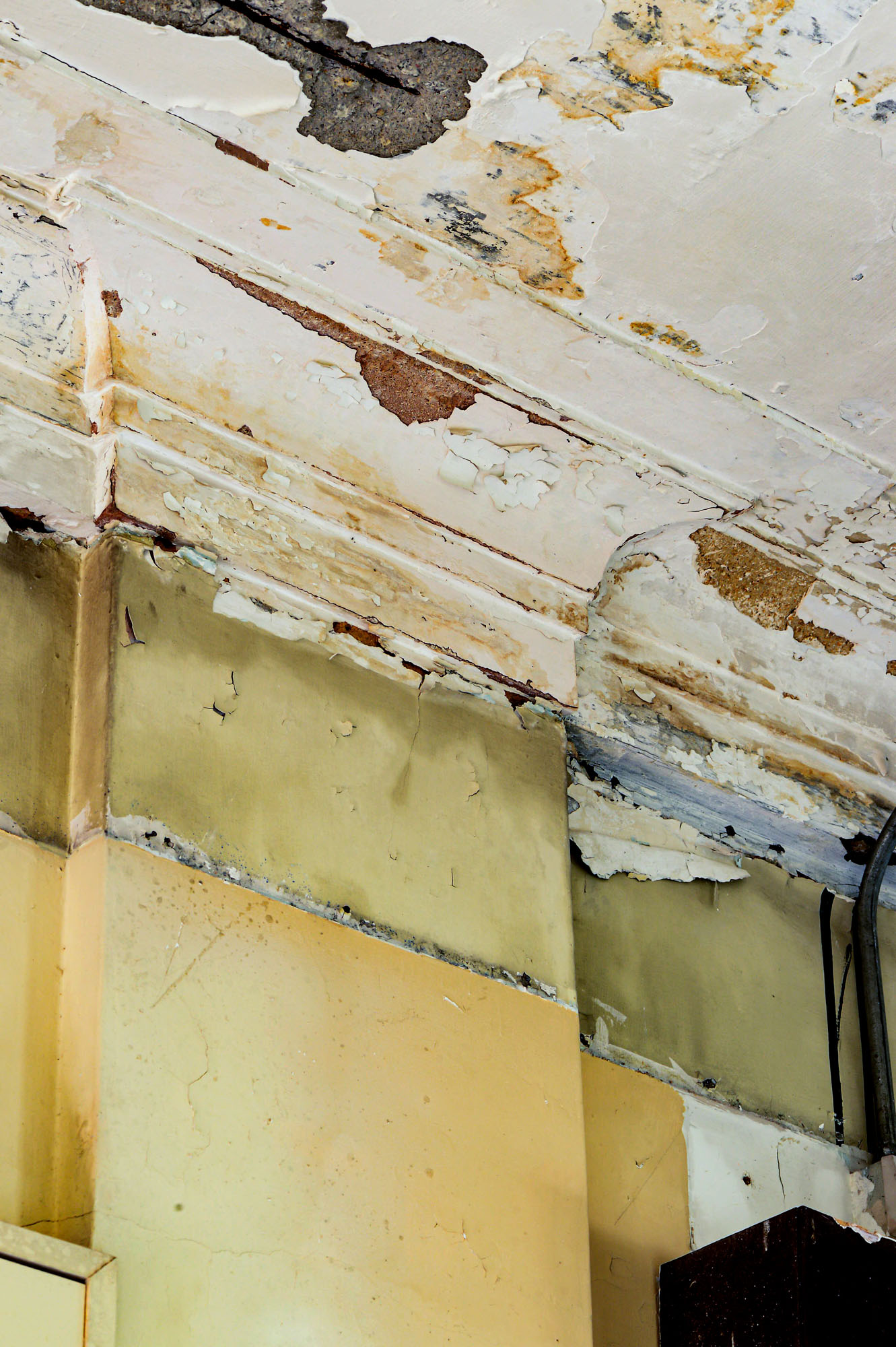
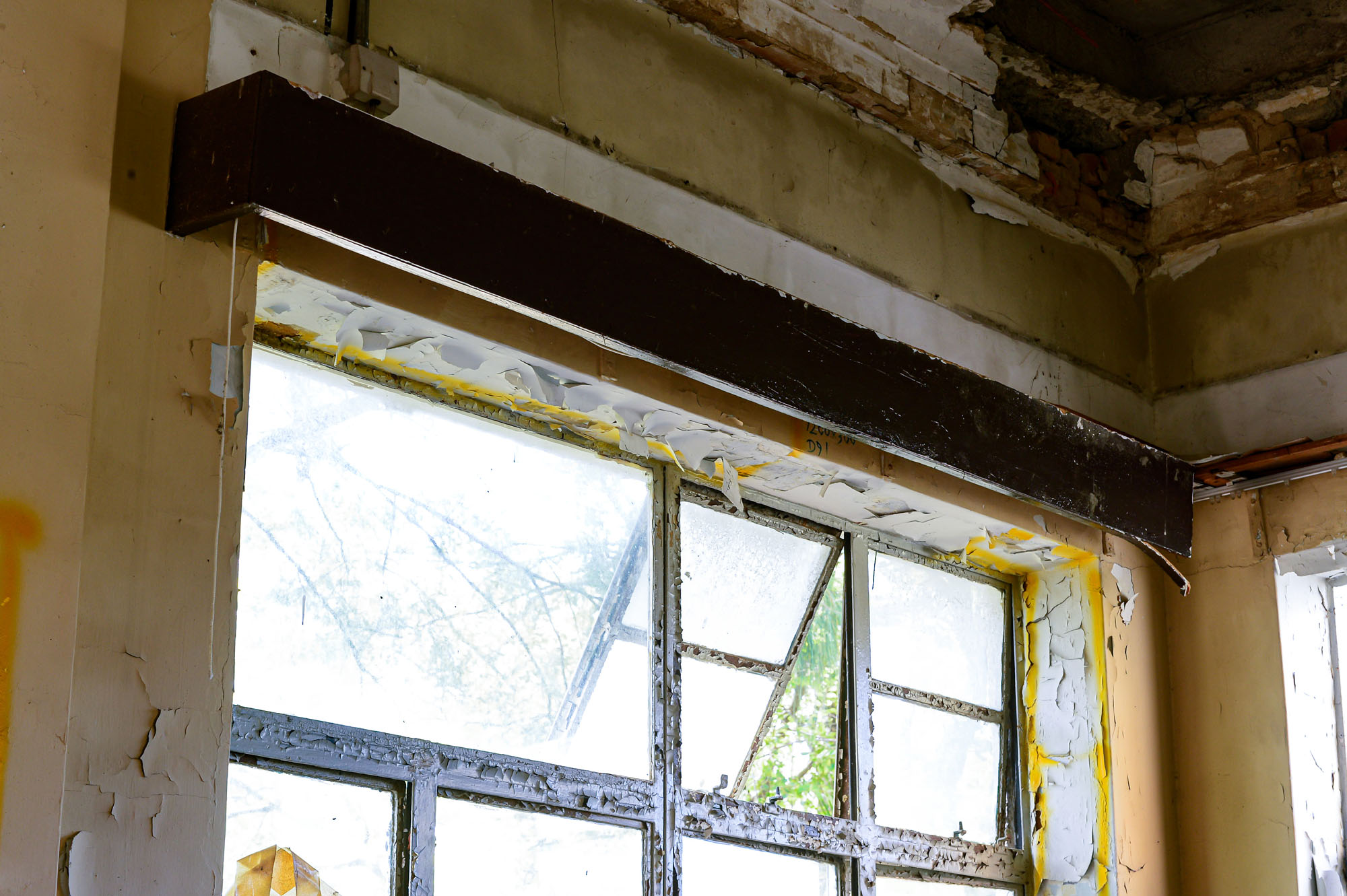
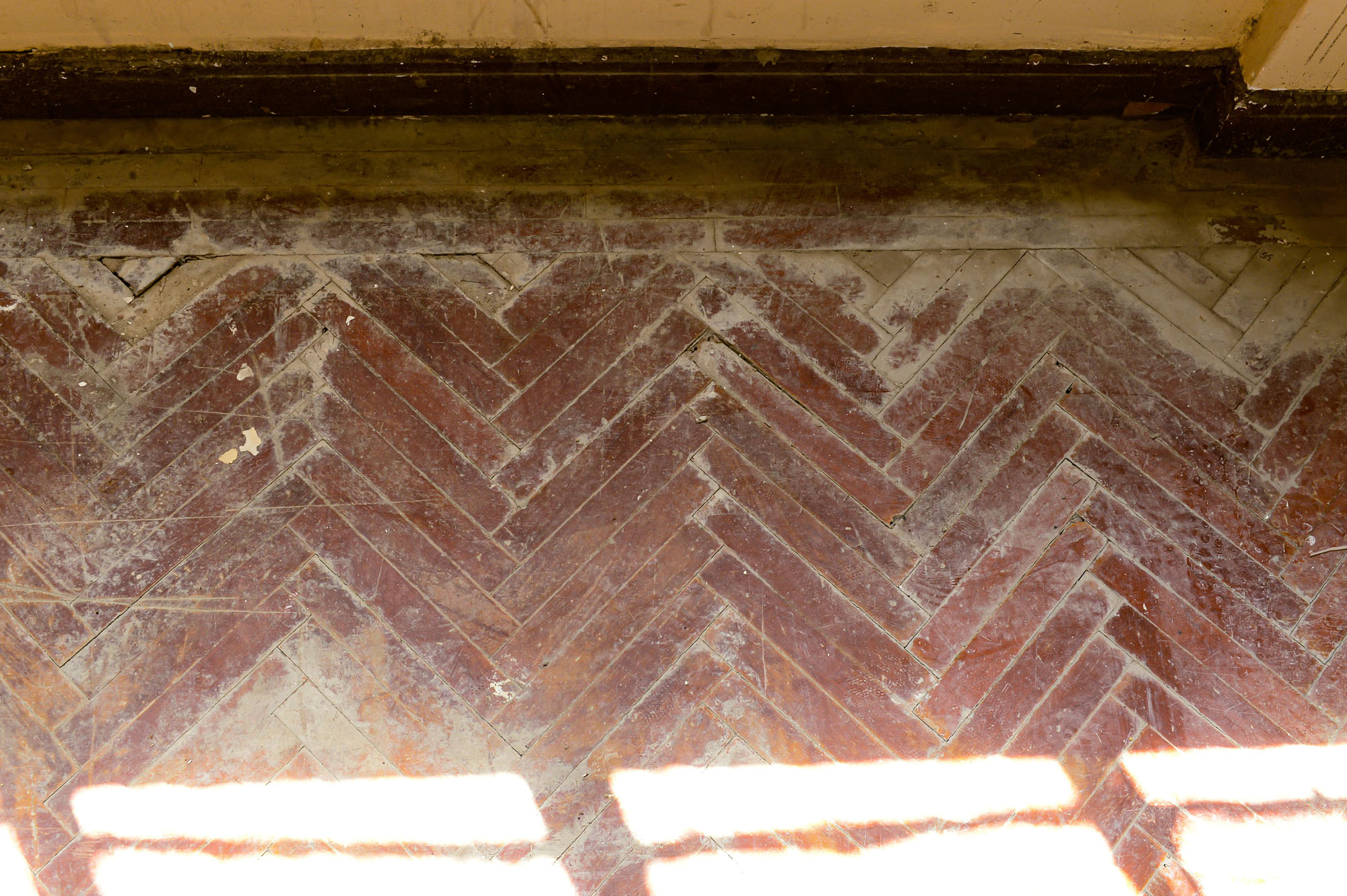
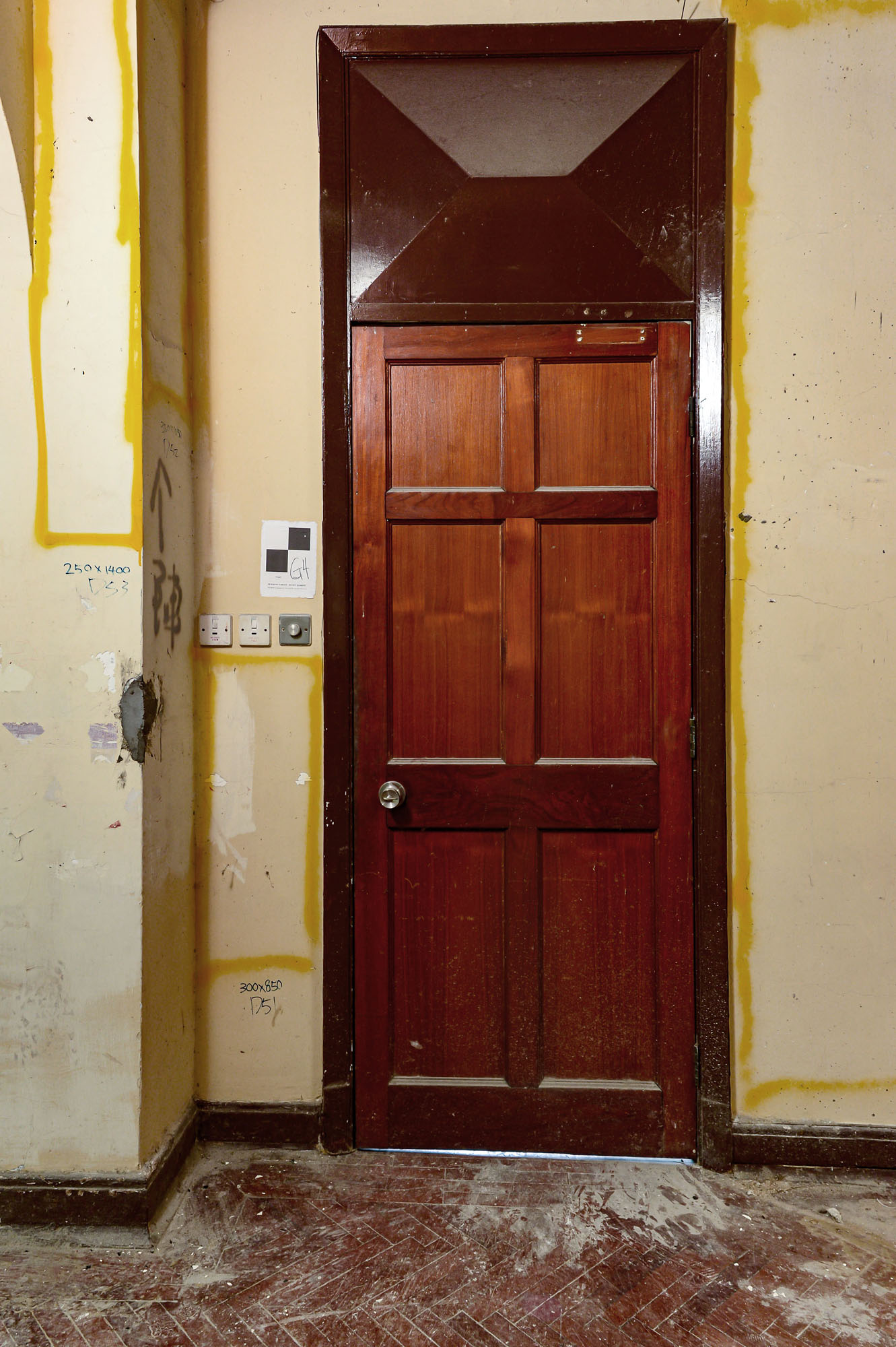
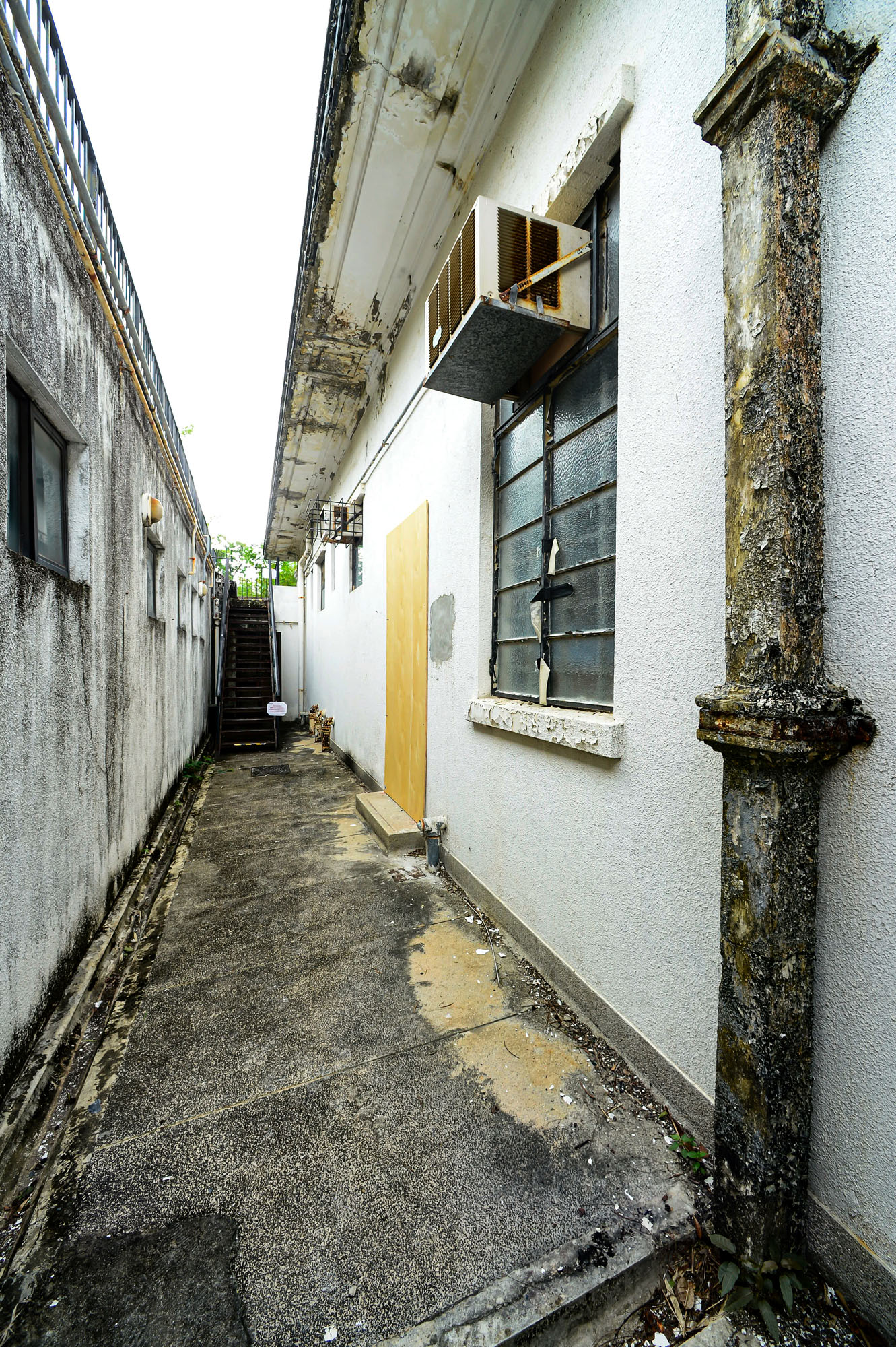
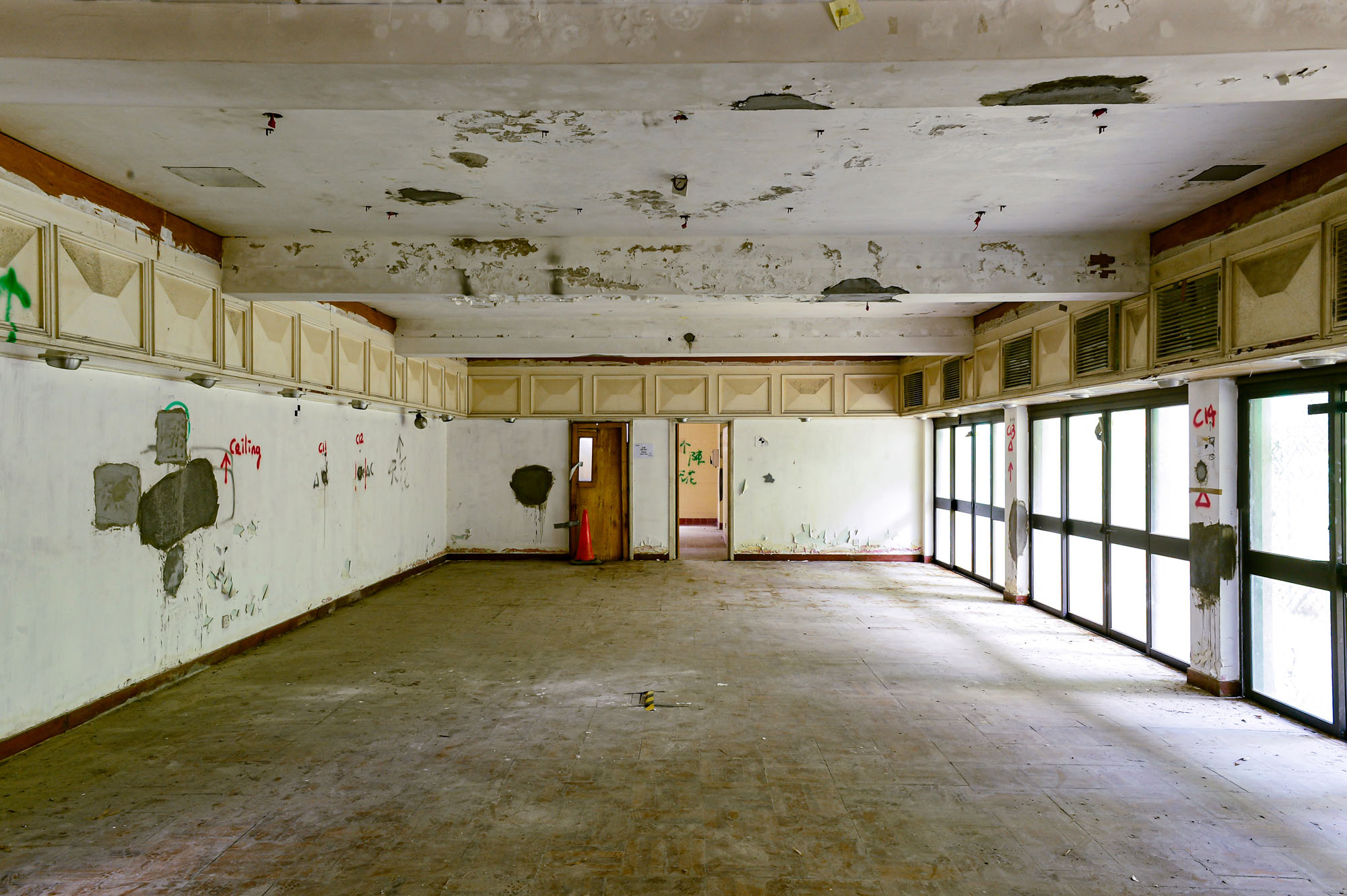
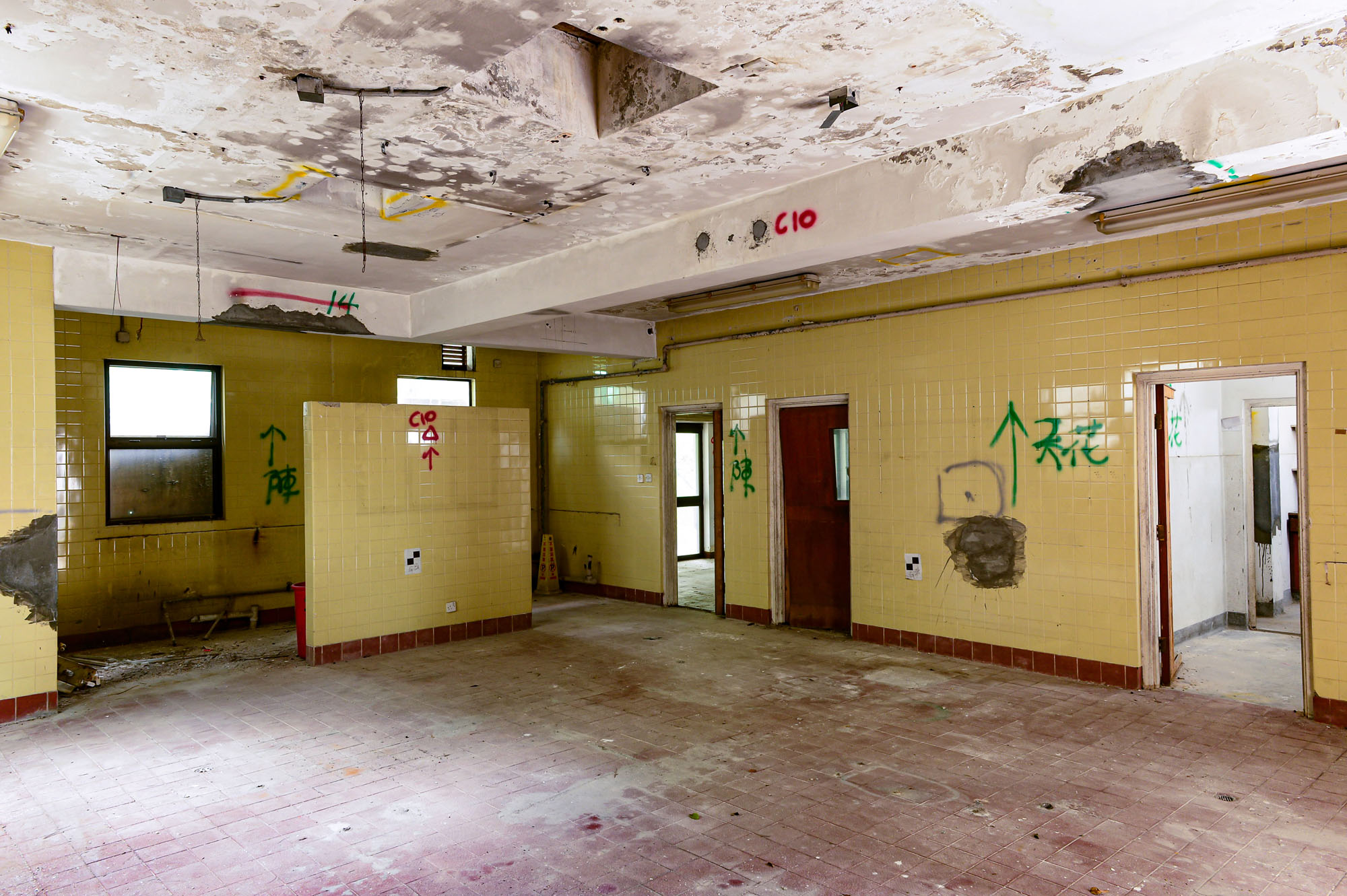
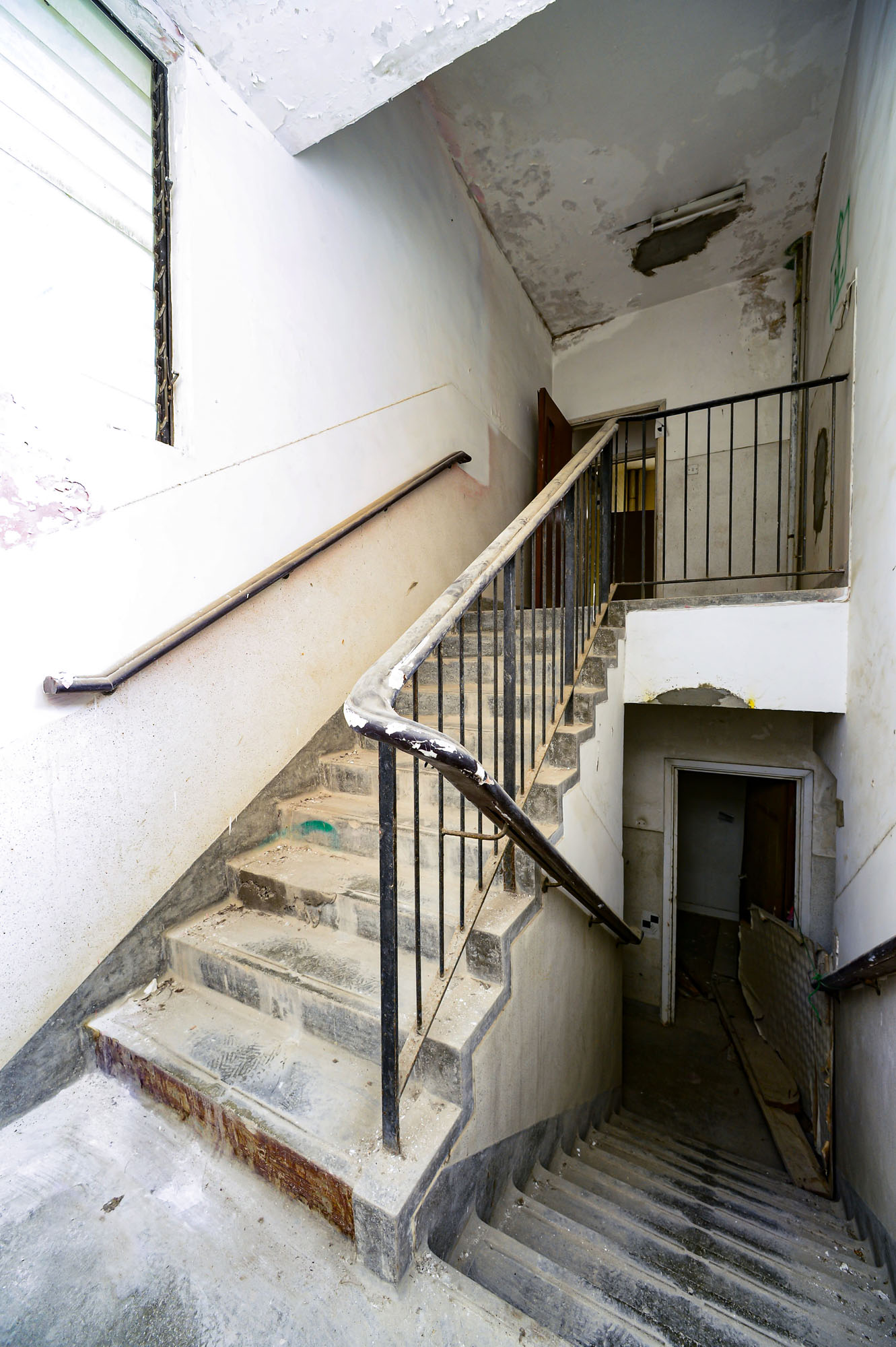
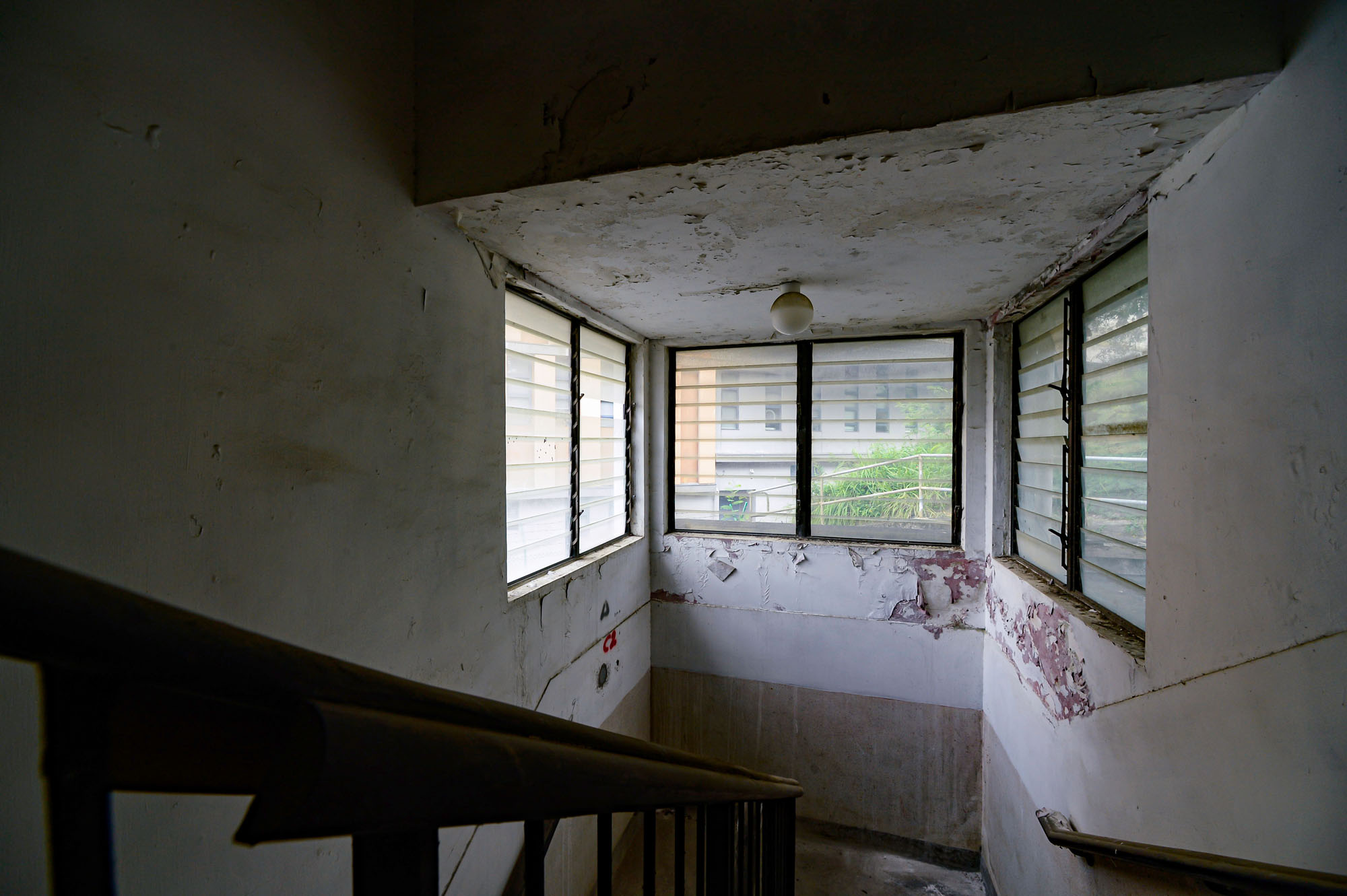
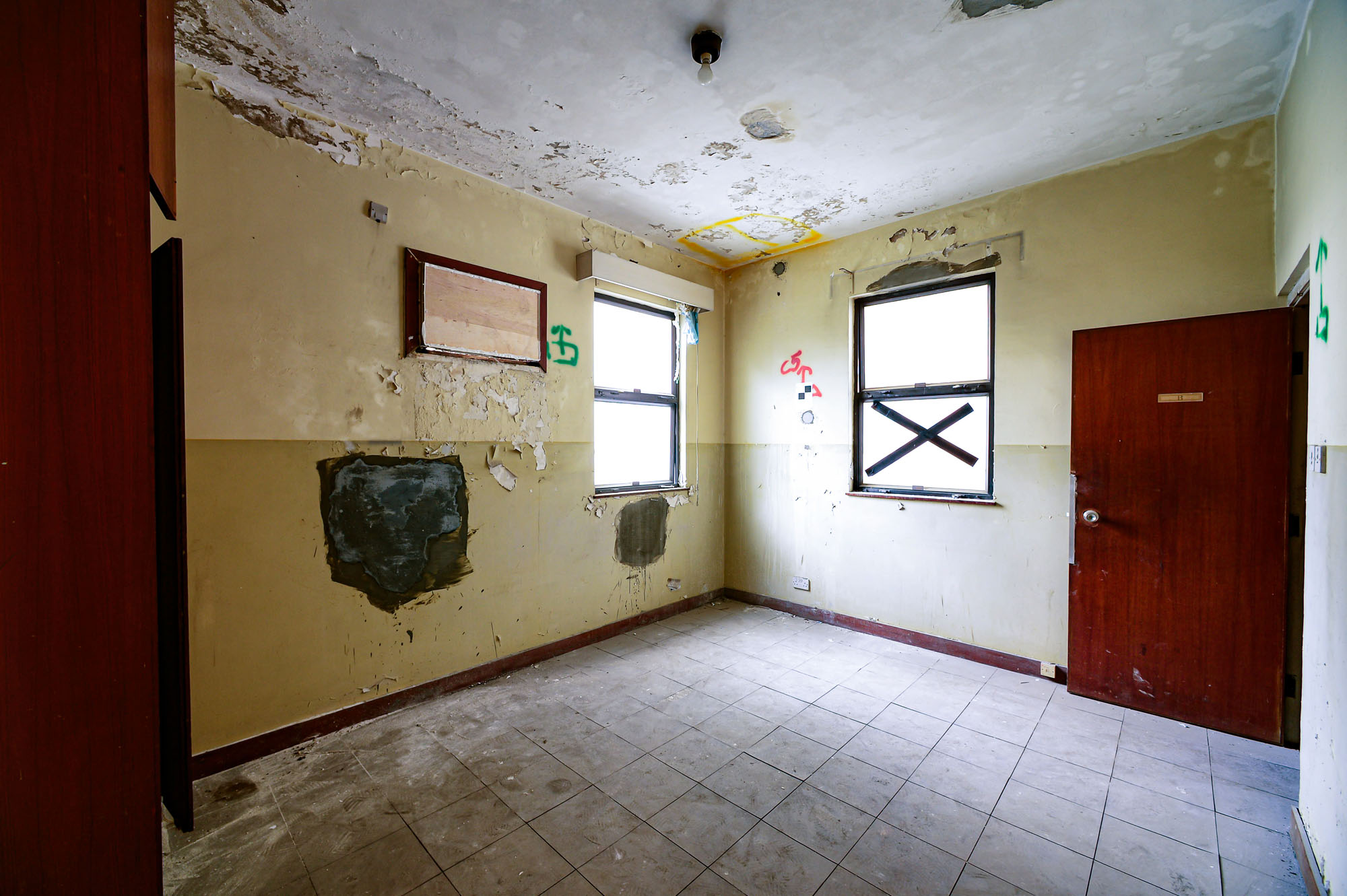
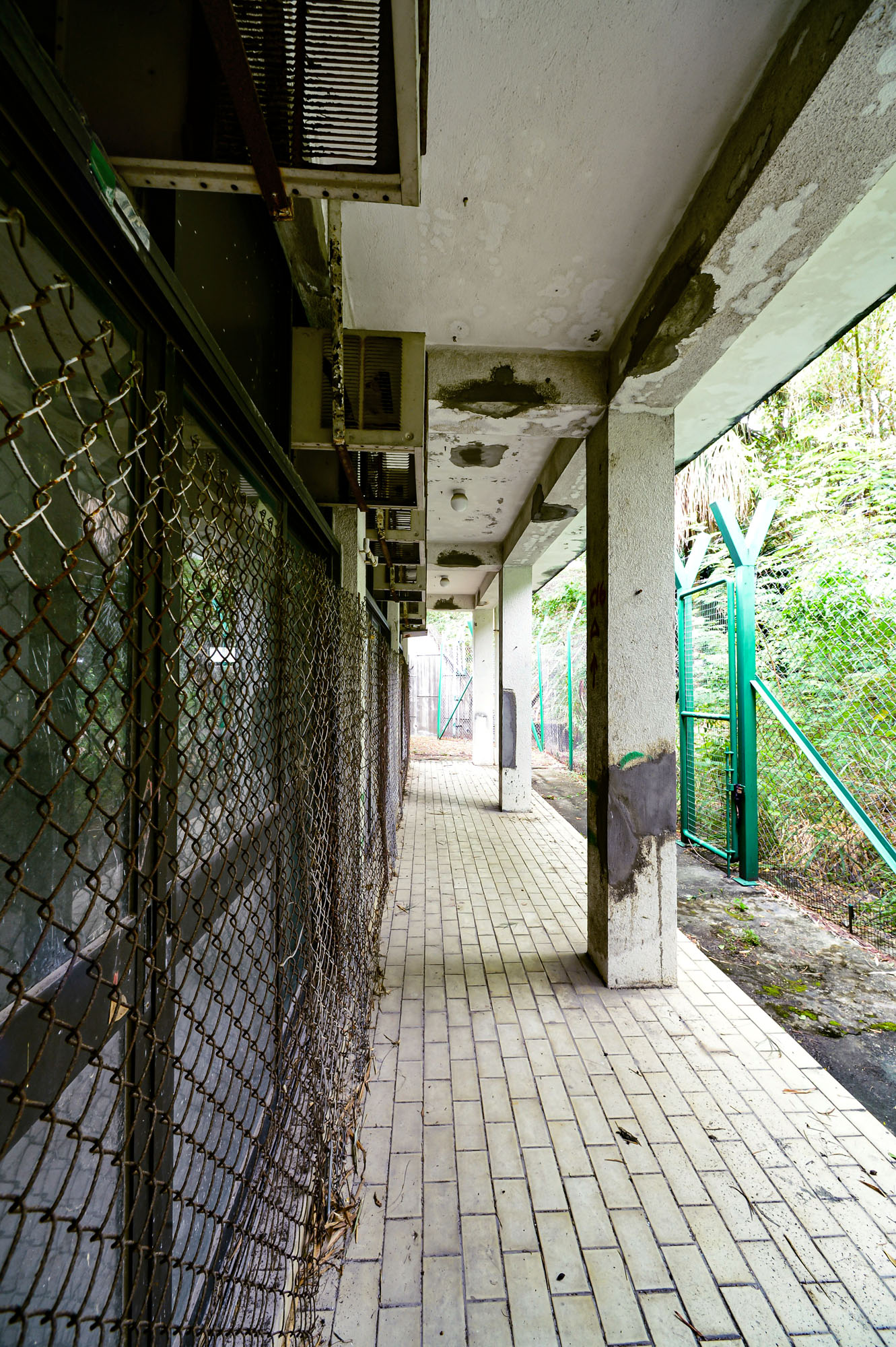
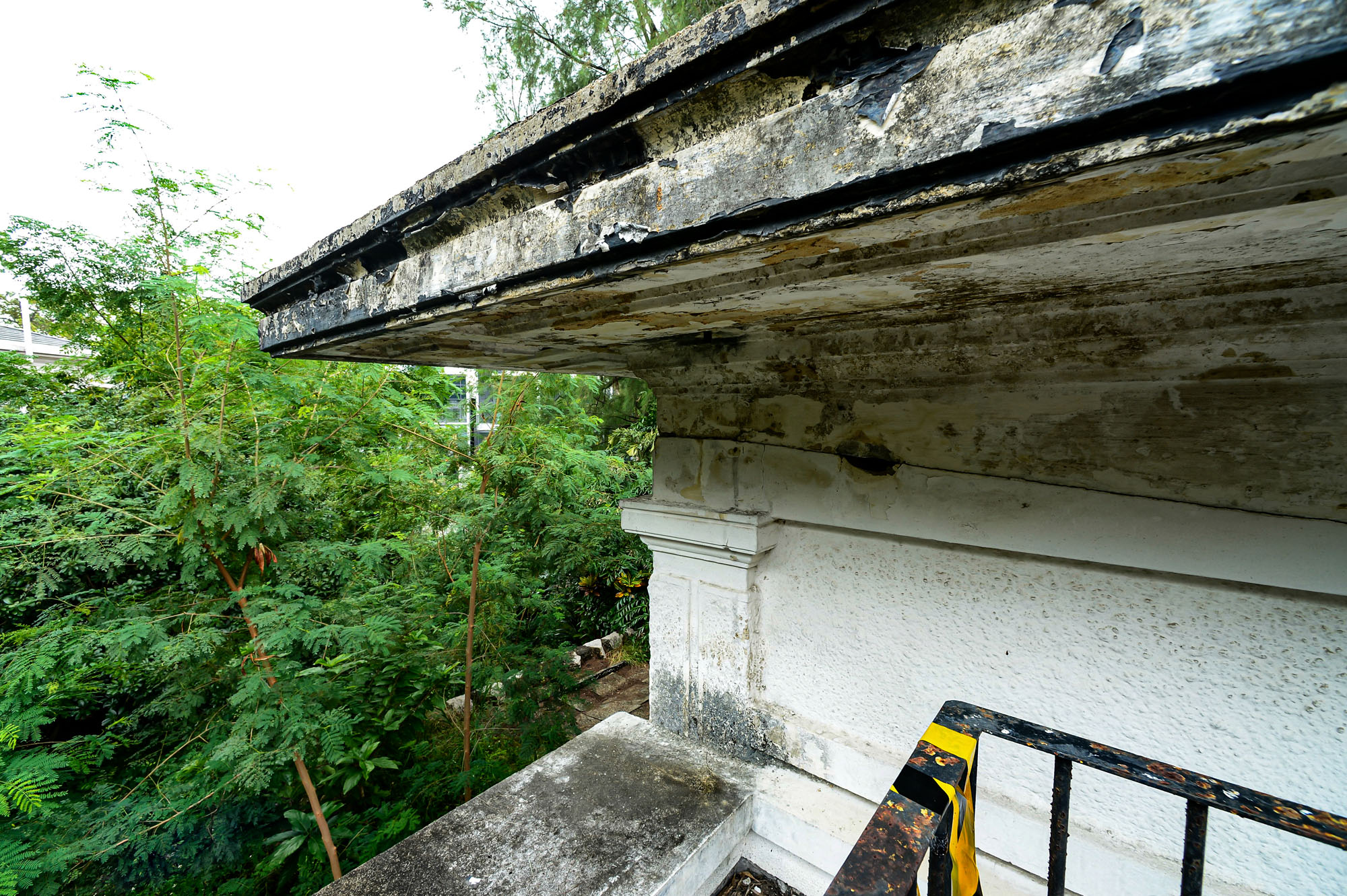
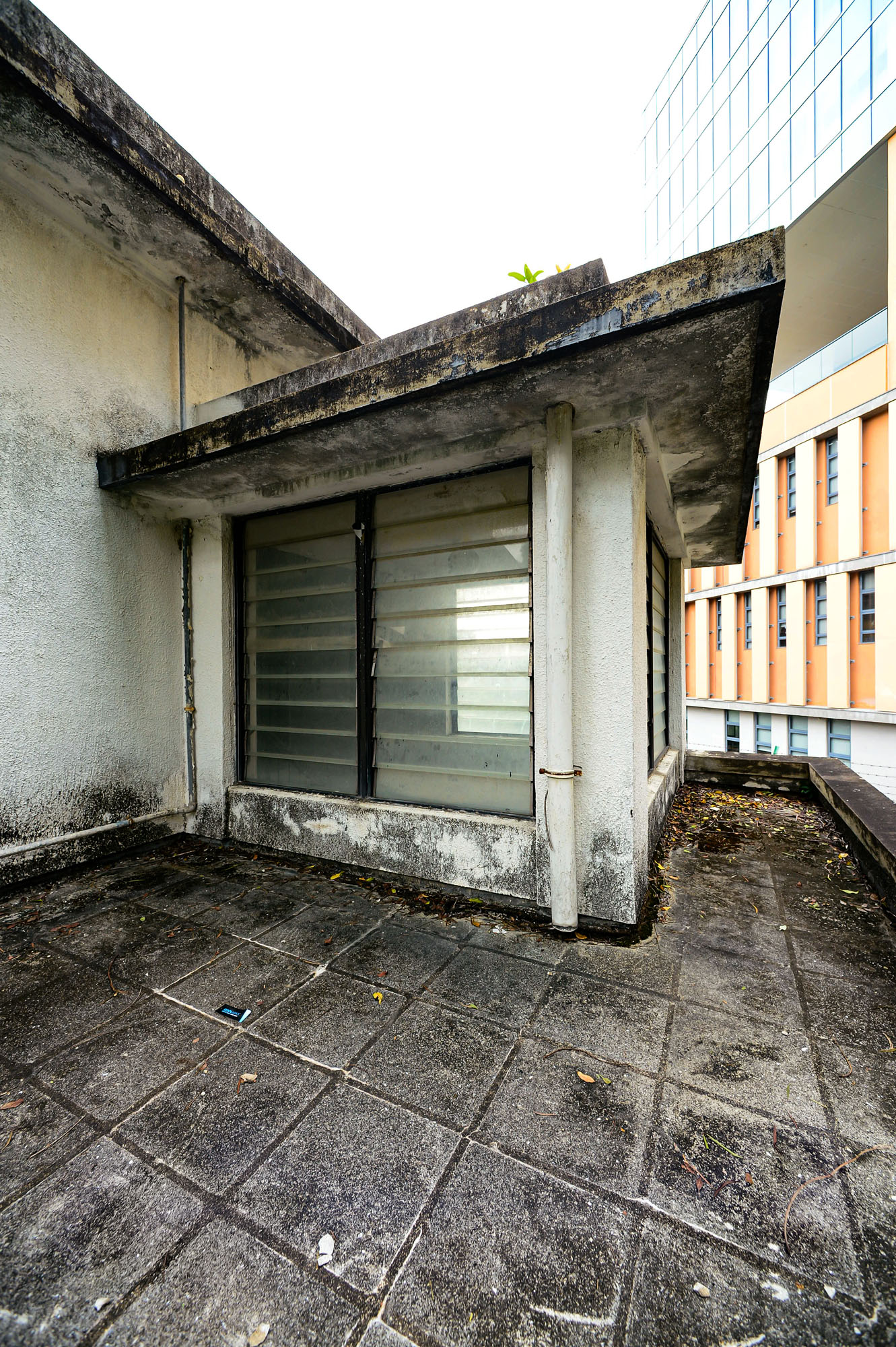
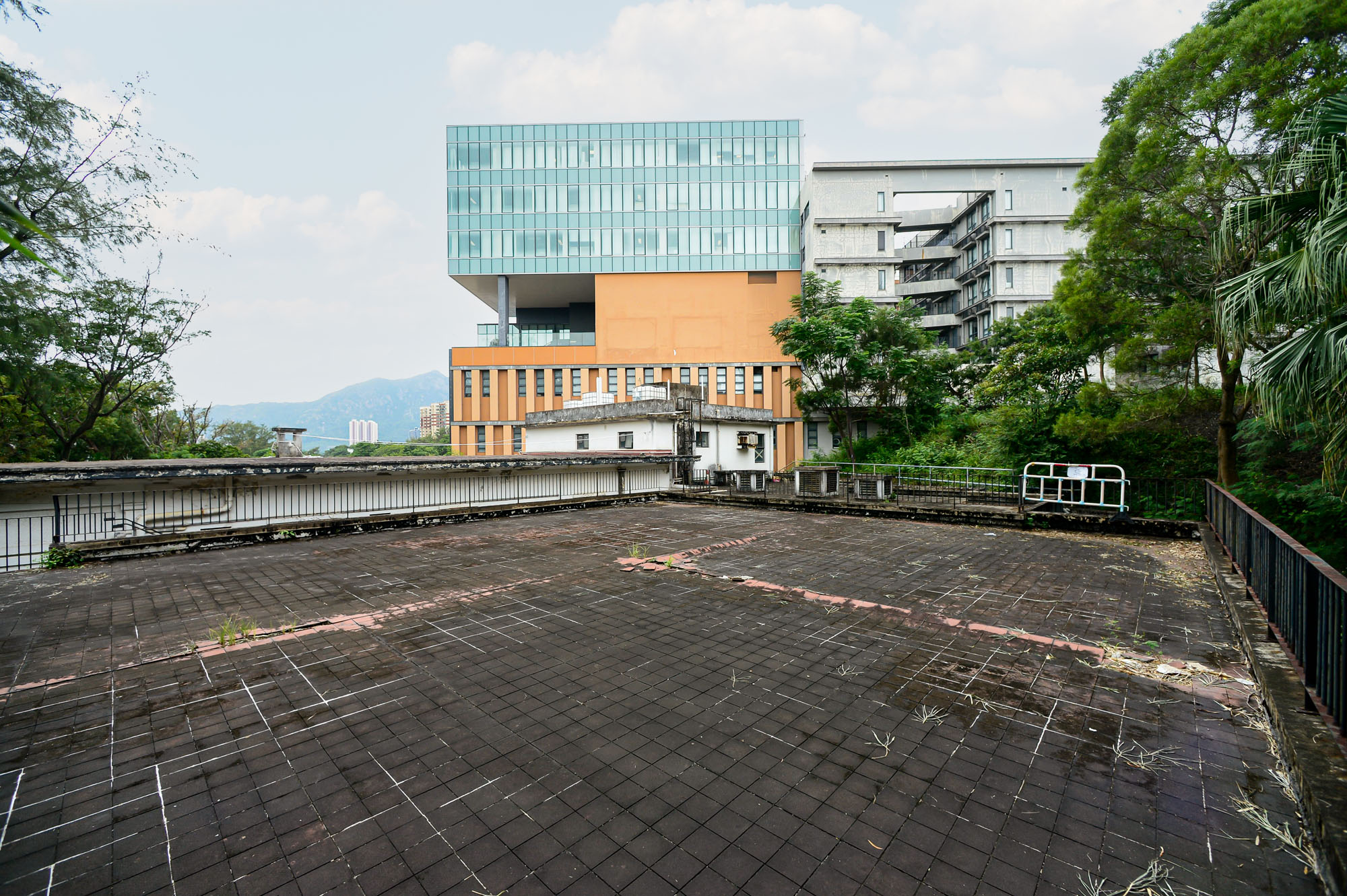
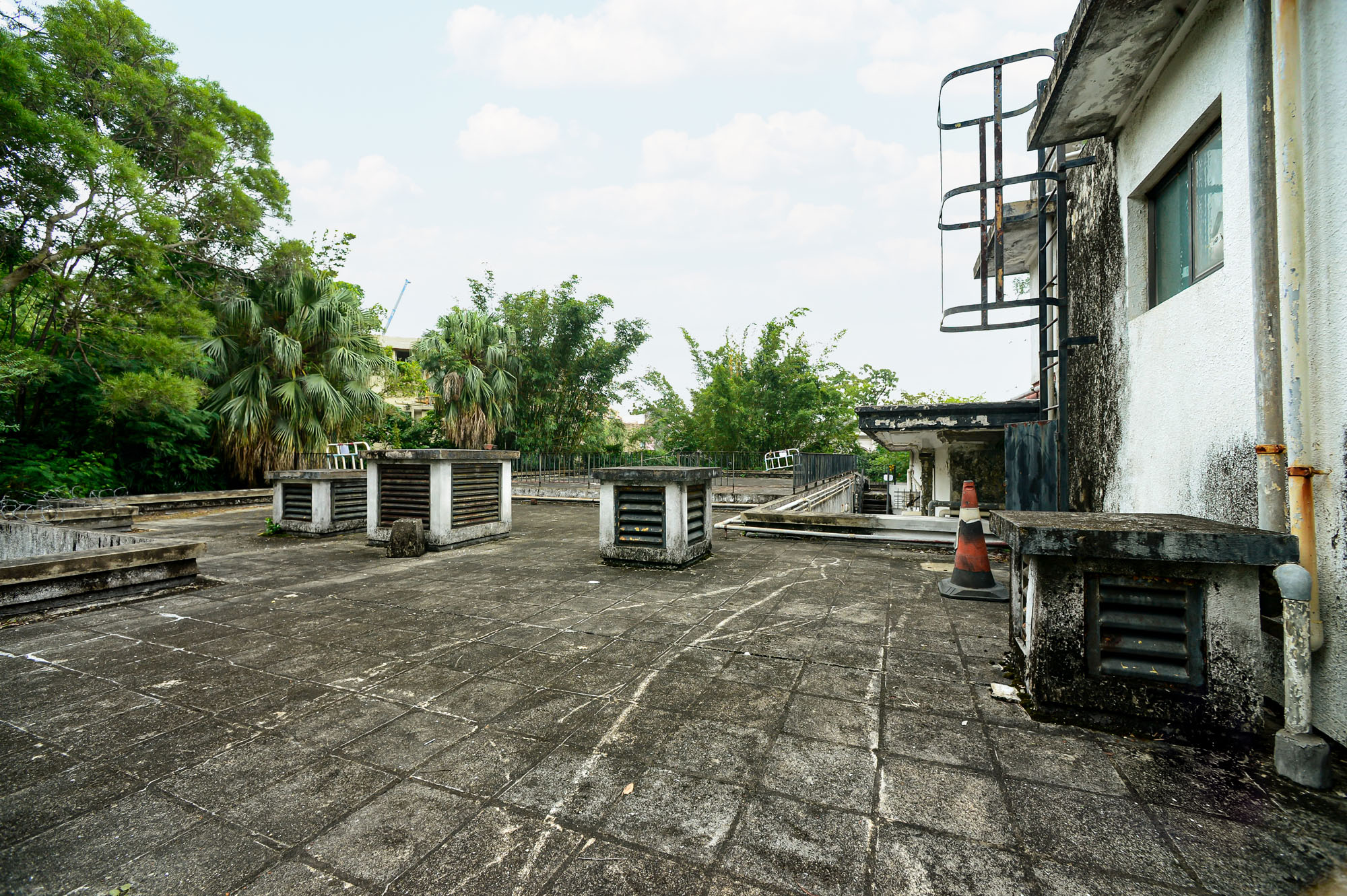
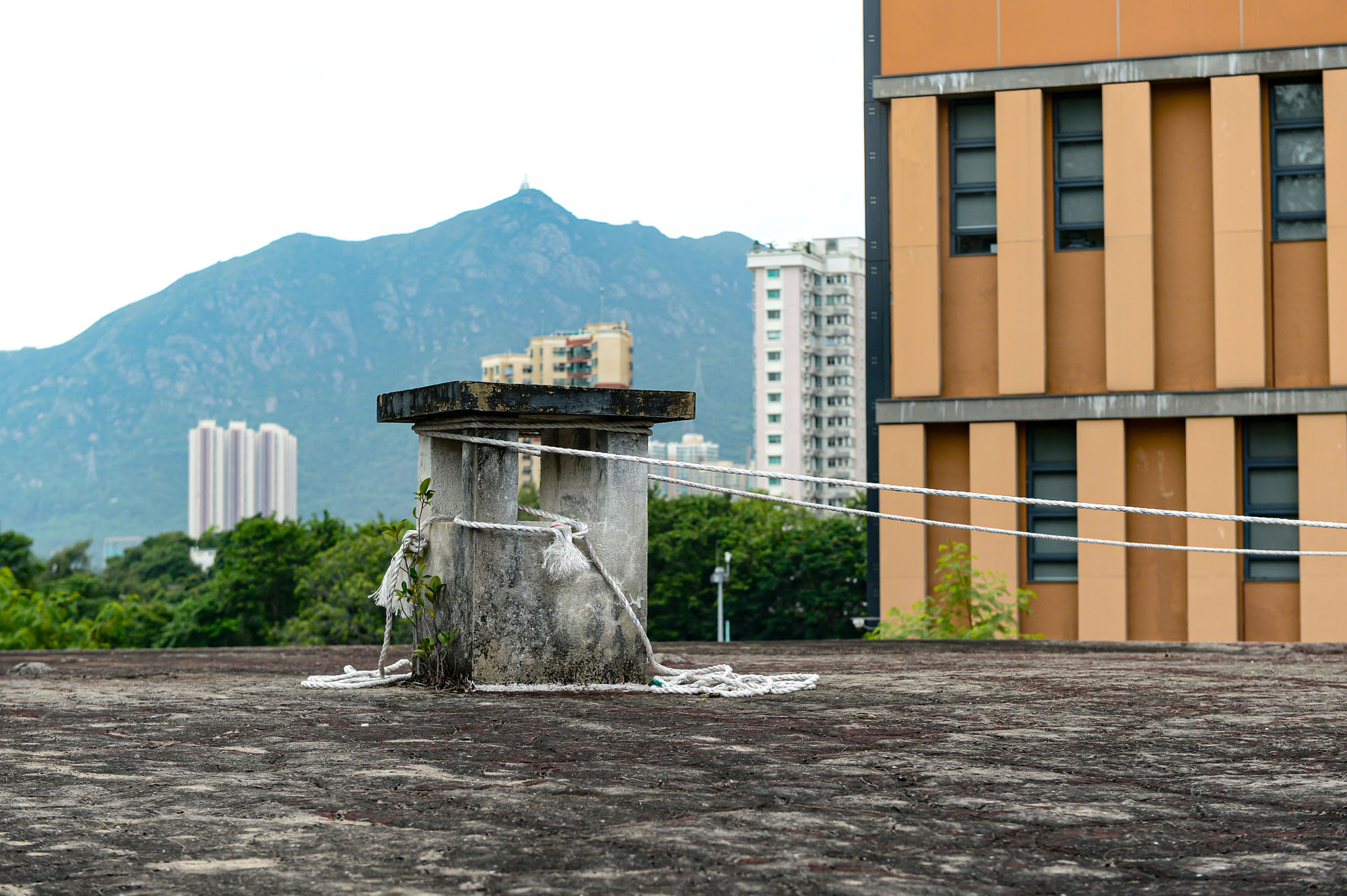
The Watervale House was built as a private residence around 1933. The land was granted to its first owner Mr. Octavius Arthur Smith by lot exchange on 12 June 1933, and the property was acquired by Feng Rui (1899-1936), a prominent public figure and agriculture specialist, in 1935. The ownership was later transferred to a merchant Hsieh Kuo-chu.
The Watervale House was requisitioned, de-requisitioned, and re-requisitioned for the British troops at different times from July 1949 to March 1950. In 1959, the War Department purchased the Watervale House and used it as a British officers’ mess in Gordon Camp, which was later renamed as Gordon Hard Camp. The Camp was closed in the 1990s as part of the scale-down scheme of military establishment. The Watervale House was transferred from Principal Secretary of State for the War Department to the Government in June 1997. The Watervale House was accorded as Grade 2 historic building in 2016.
The Hong Kong Special Administrative Region Government launched Batch V of the Revitalisation Scheme and invited Non Profit-making Organisations to submit proposals for adaptive re-use of the Watervale House. The Non Profit-making Organisation selected for the revitalisation of the Watervale House project withdrew from the project in January 2021.
The Watervale House is built on a platform cut into a hillside and granite ashlar blocks are used in constructing the building base. It was originally a single-storey L-shape building with a terrace in the front. The facades are generally finished with painted roughcast rendering. Large and regularly spaced steel windows are flanked by full height pilasters with vertical groove on their shafts and are topped with geometric motif. A pair of French doors with sidelights opens onto the terrace. The flat roof has a deep eaves projection which is decorated with geometric motifs at its soffit, and is punctuated by a square chimney stack. Internally, there is a fireplace with granite mantel and surrounds.